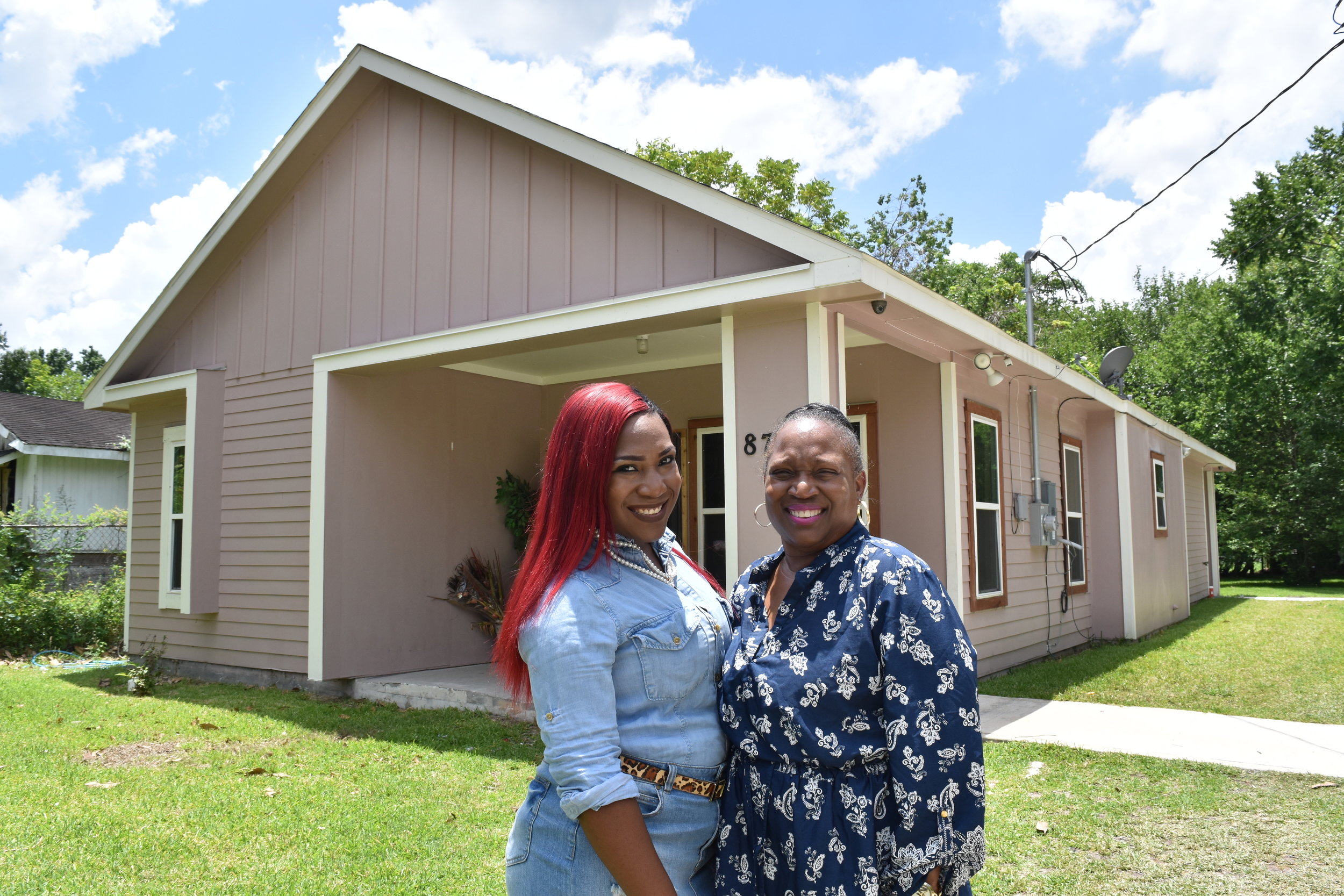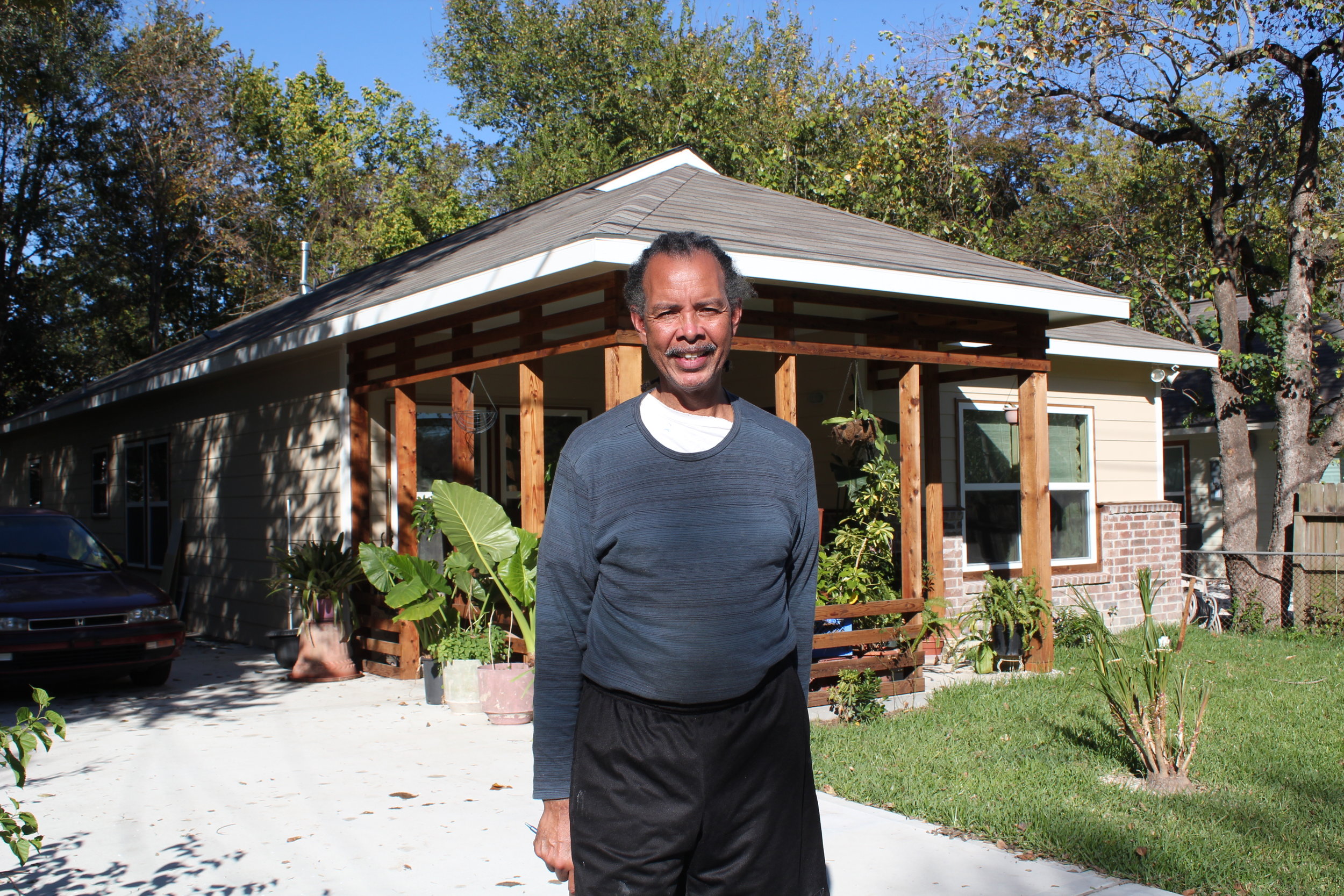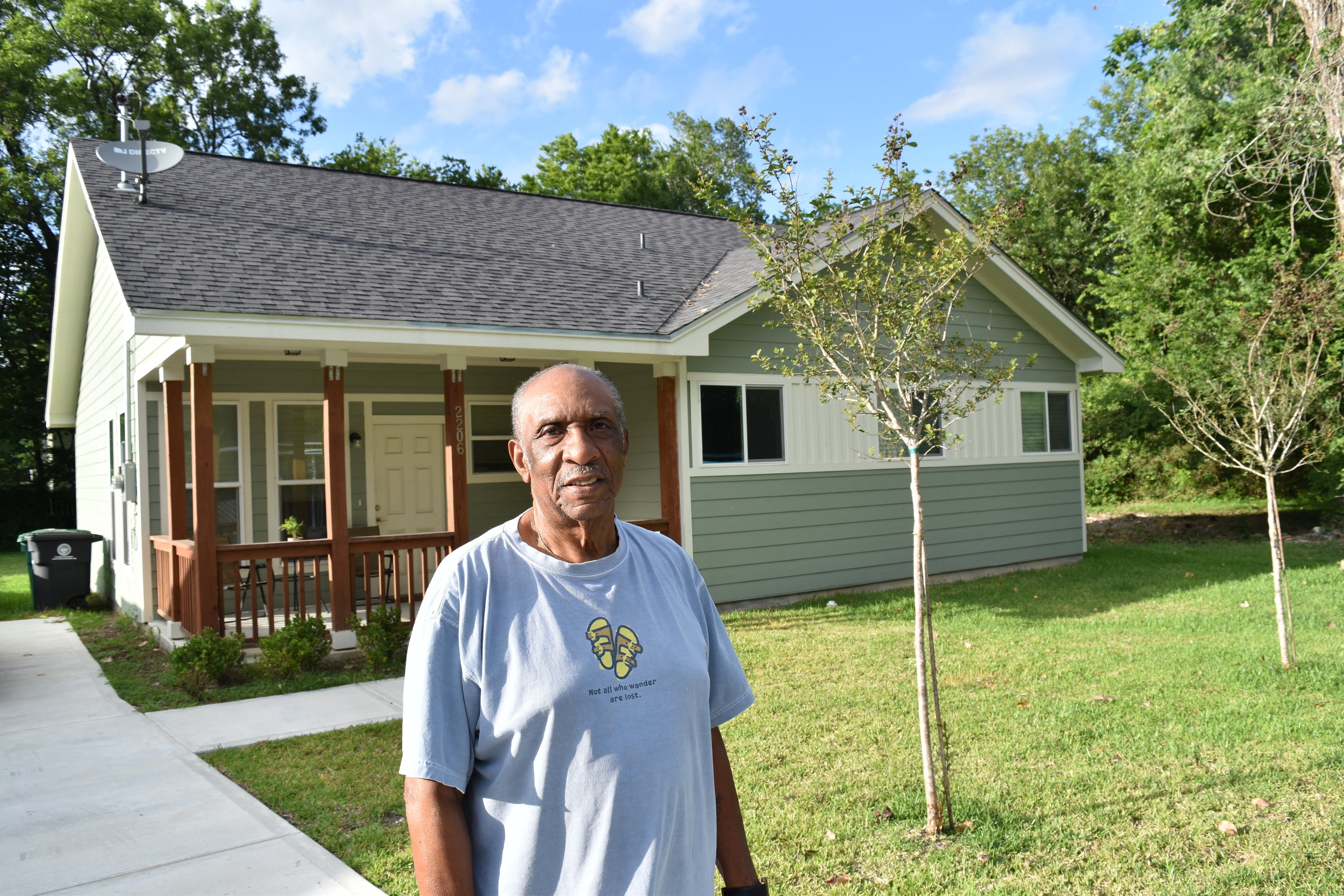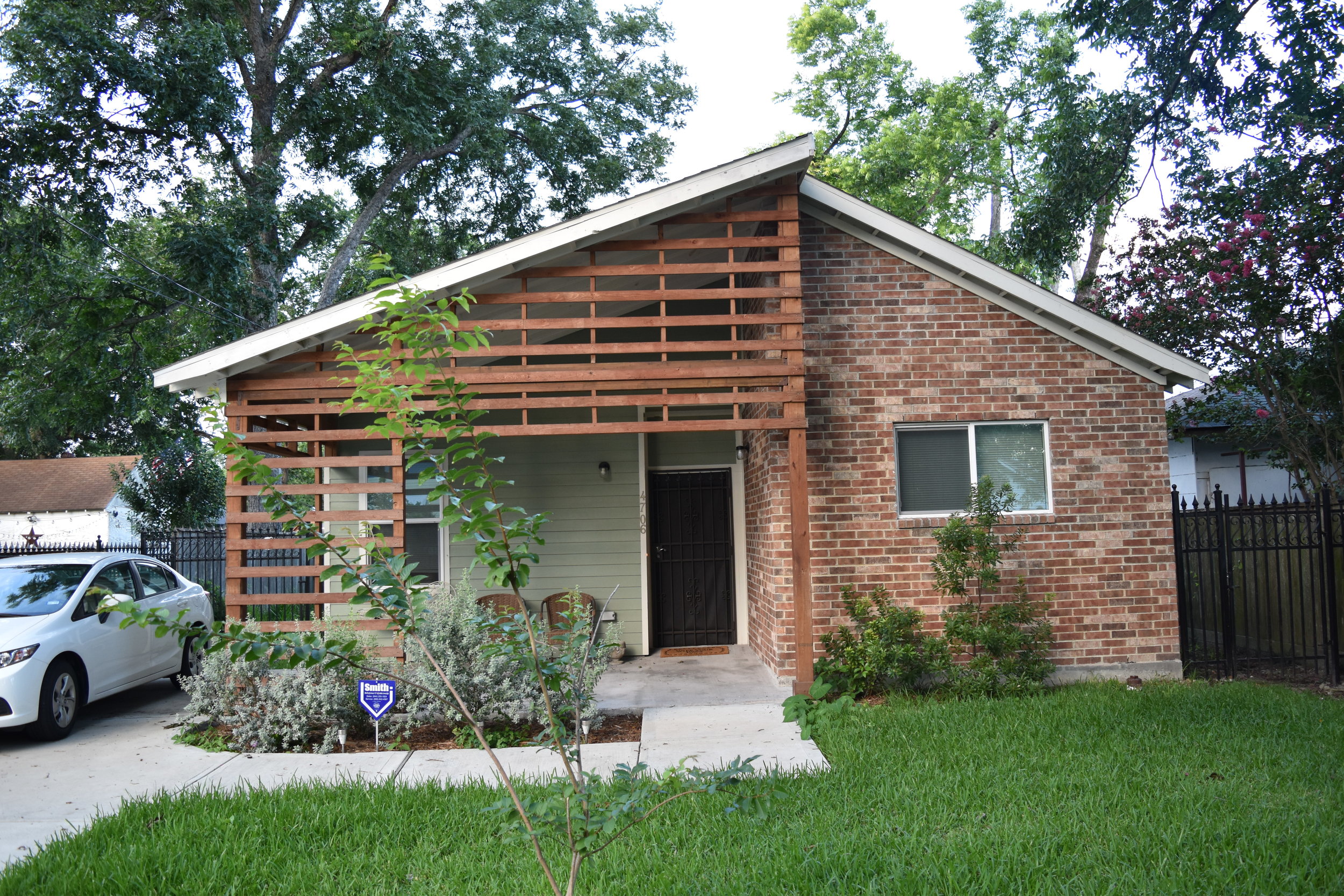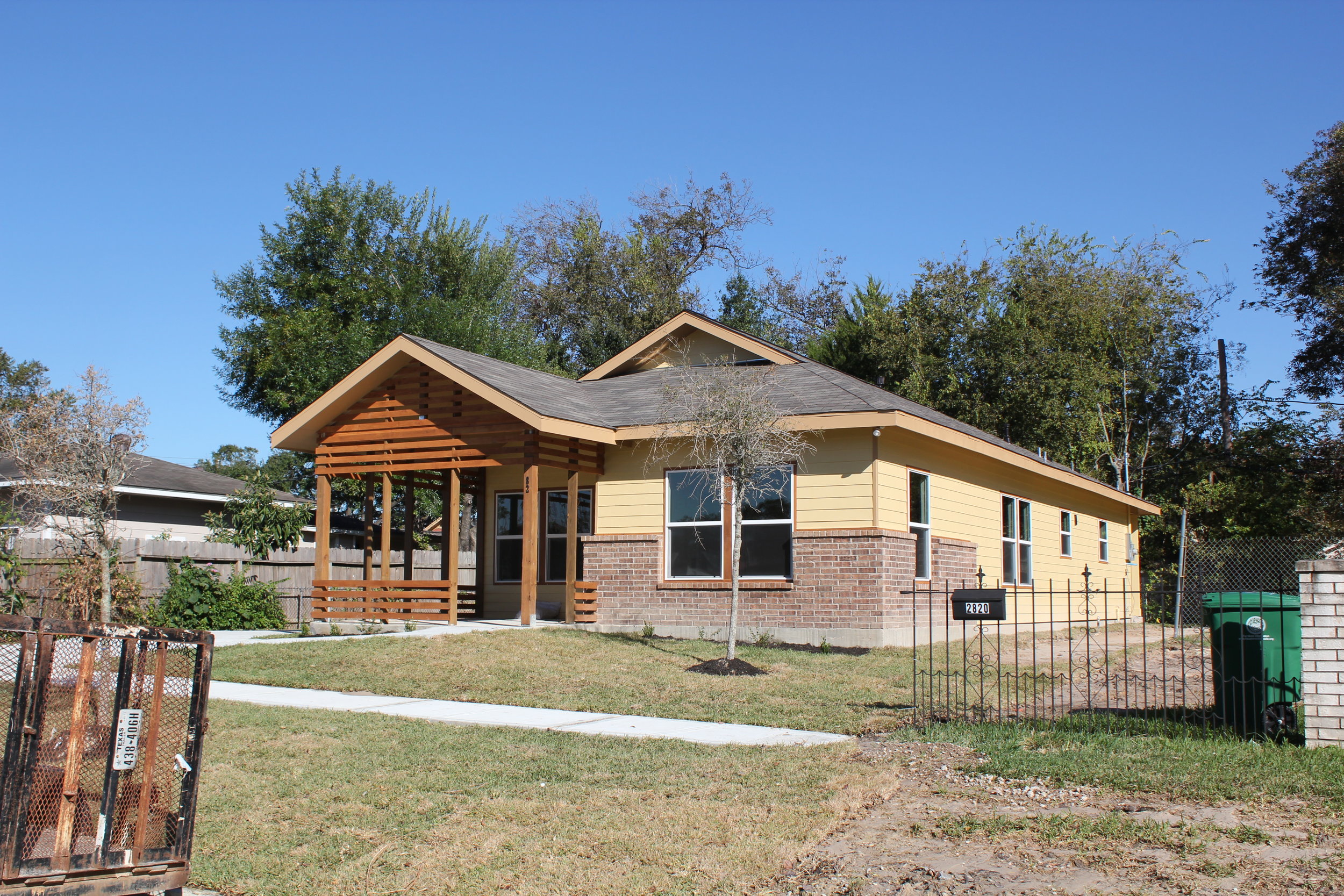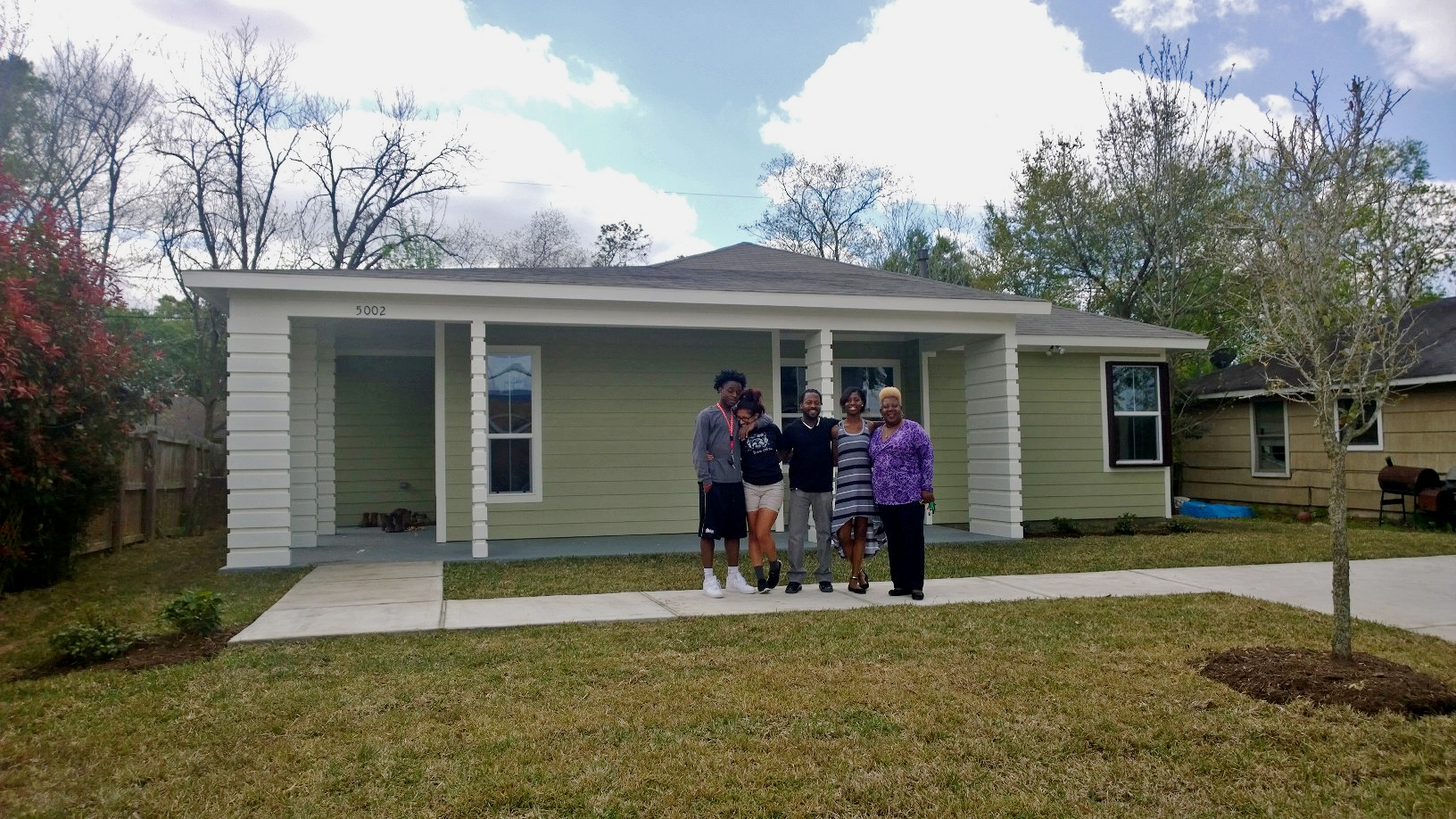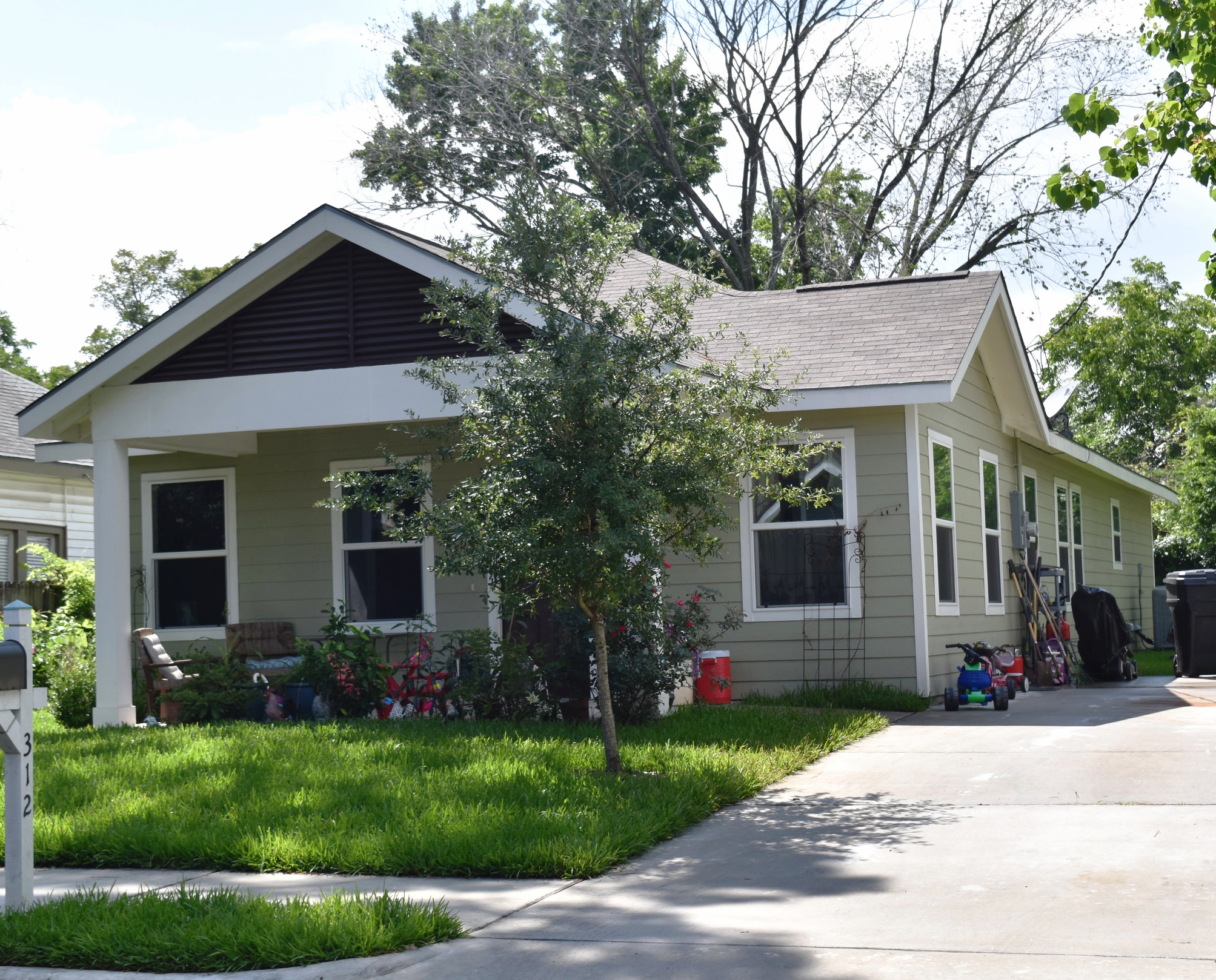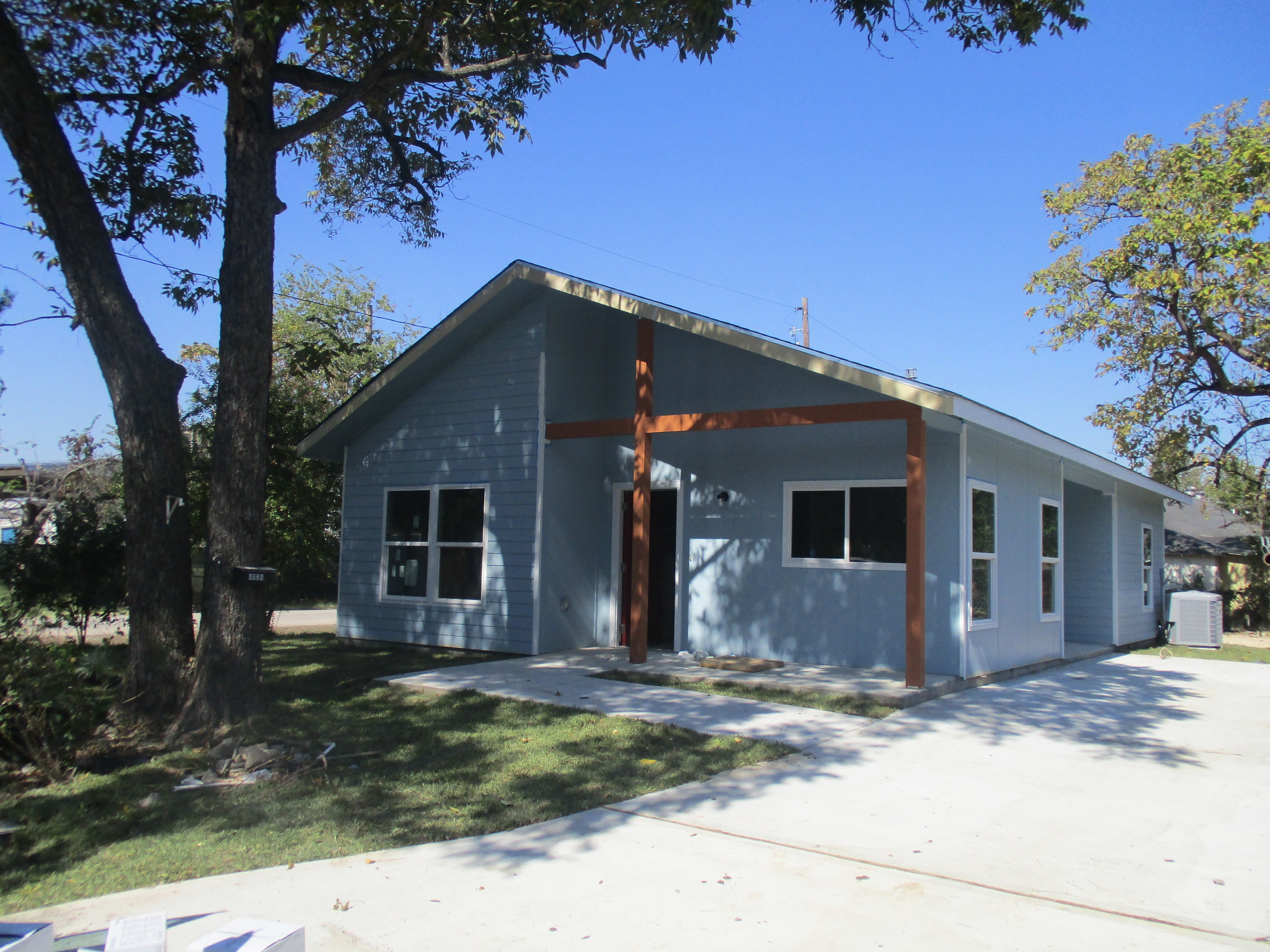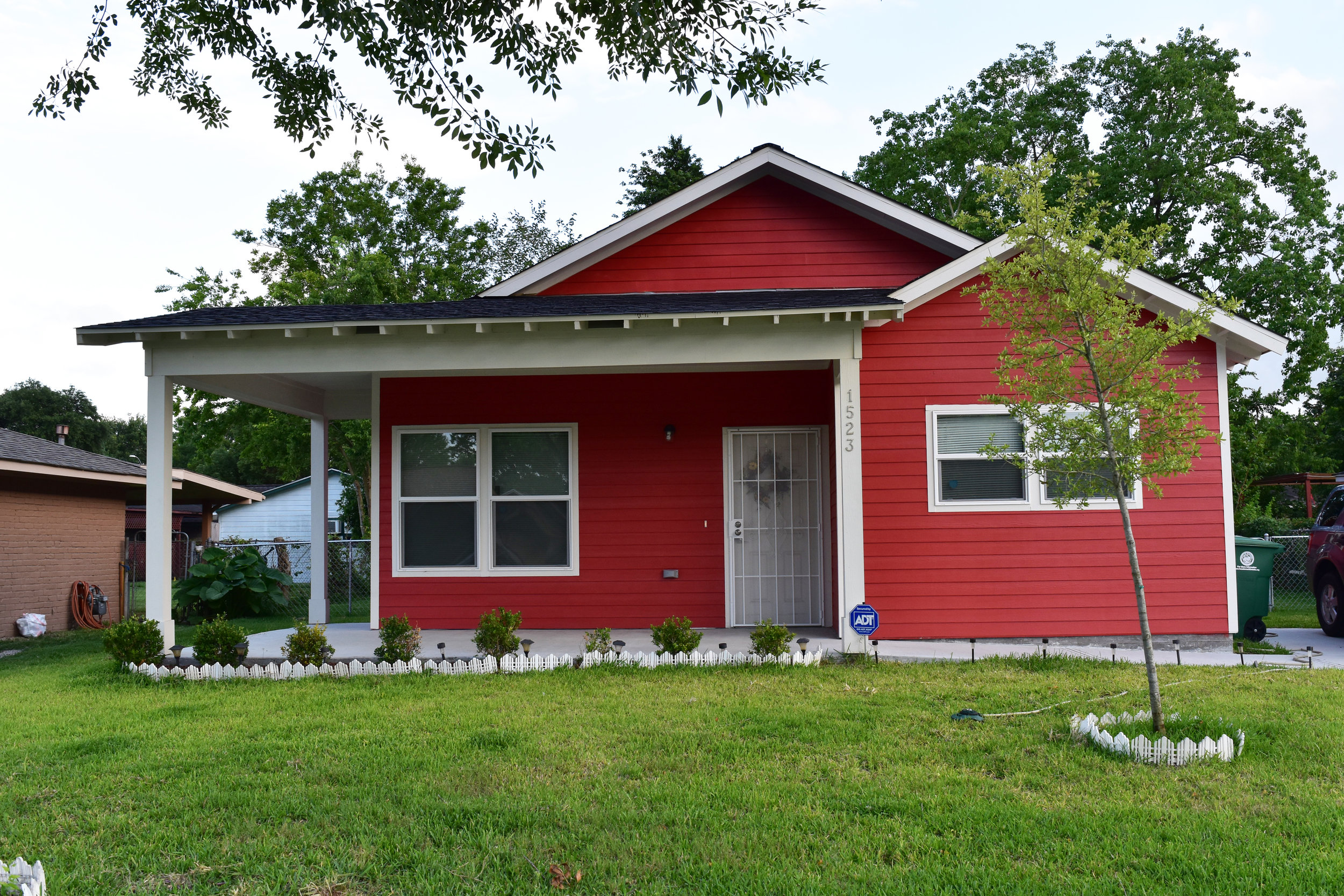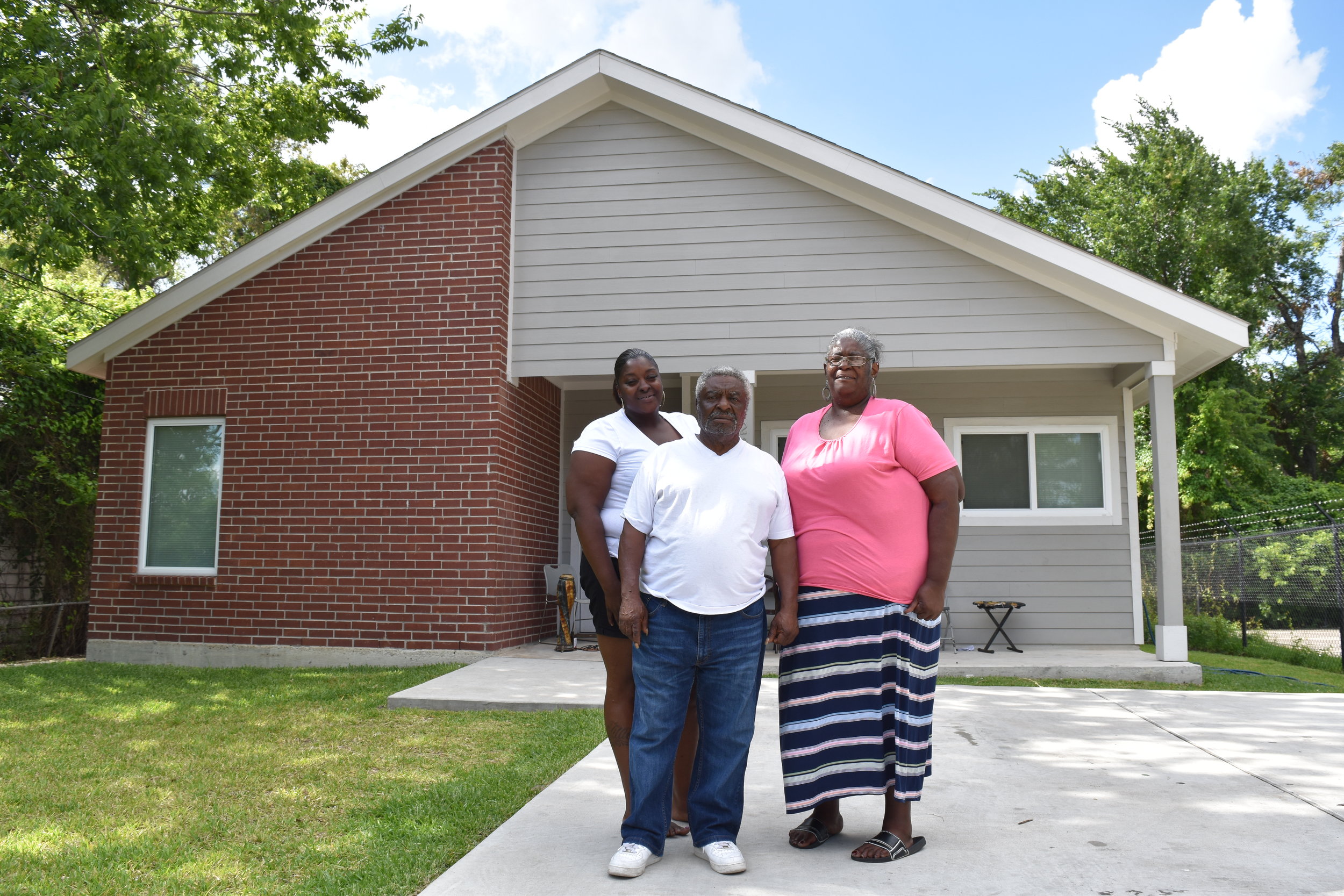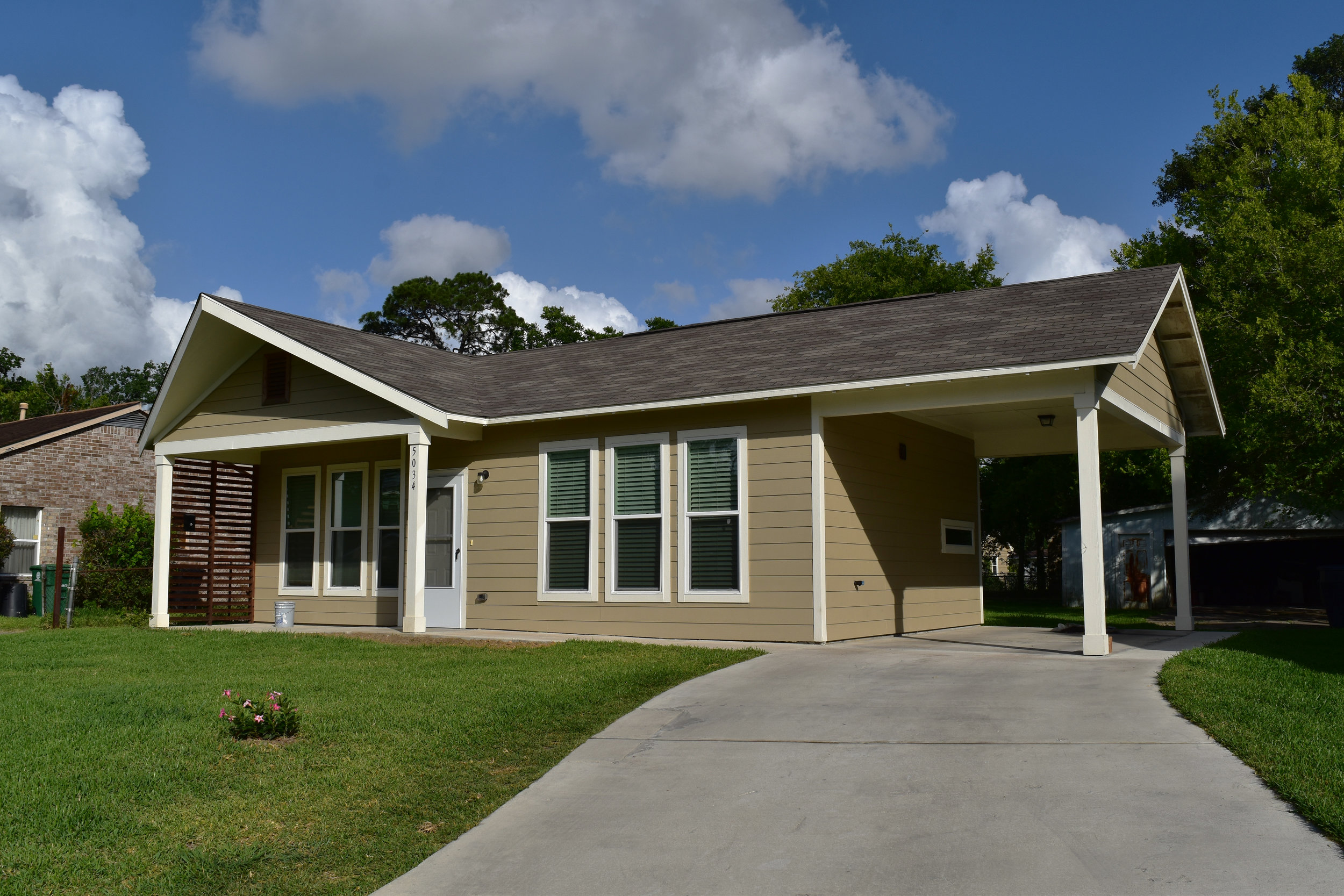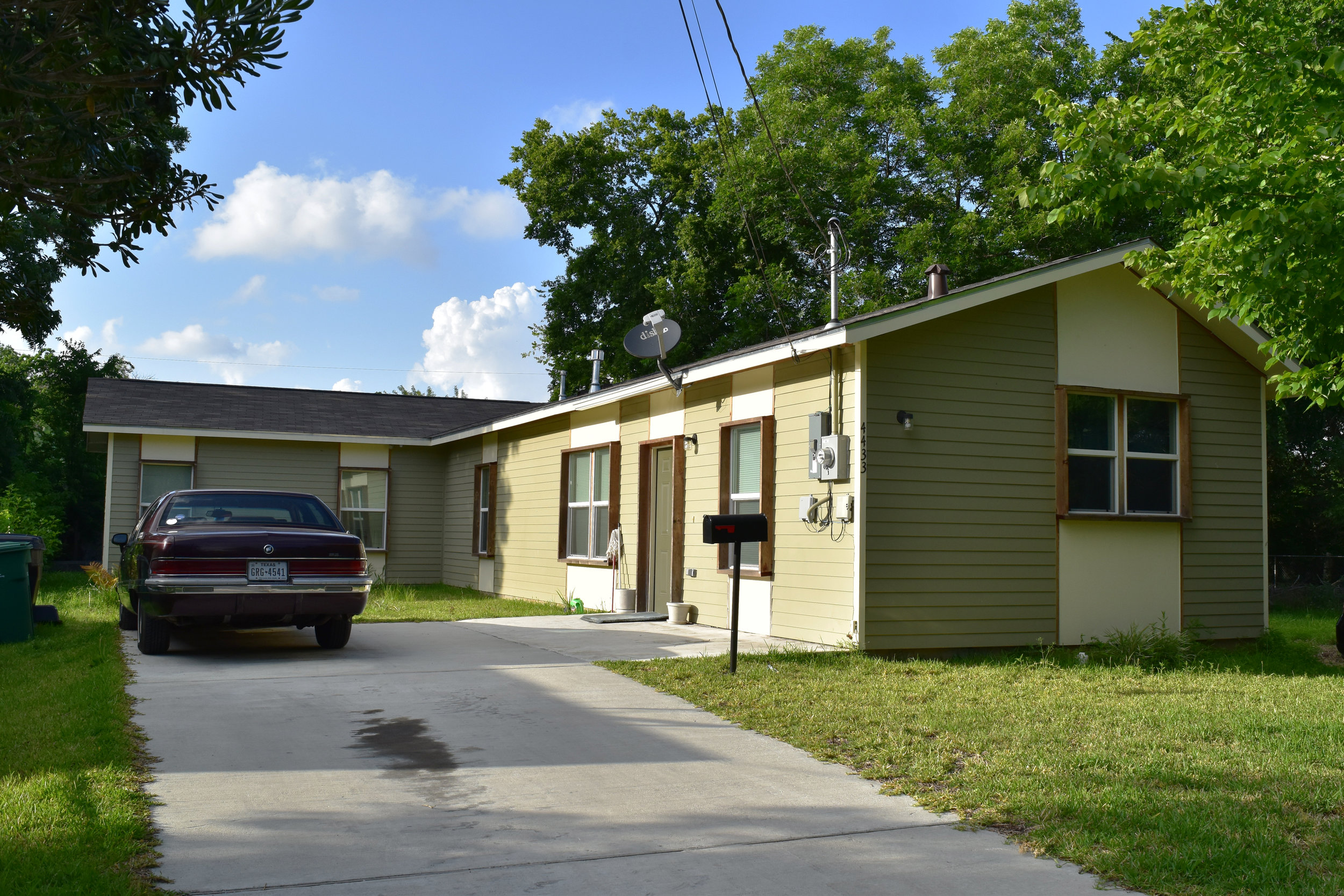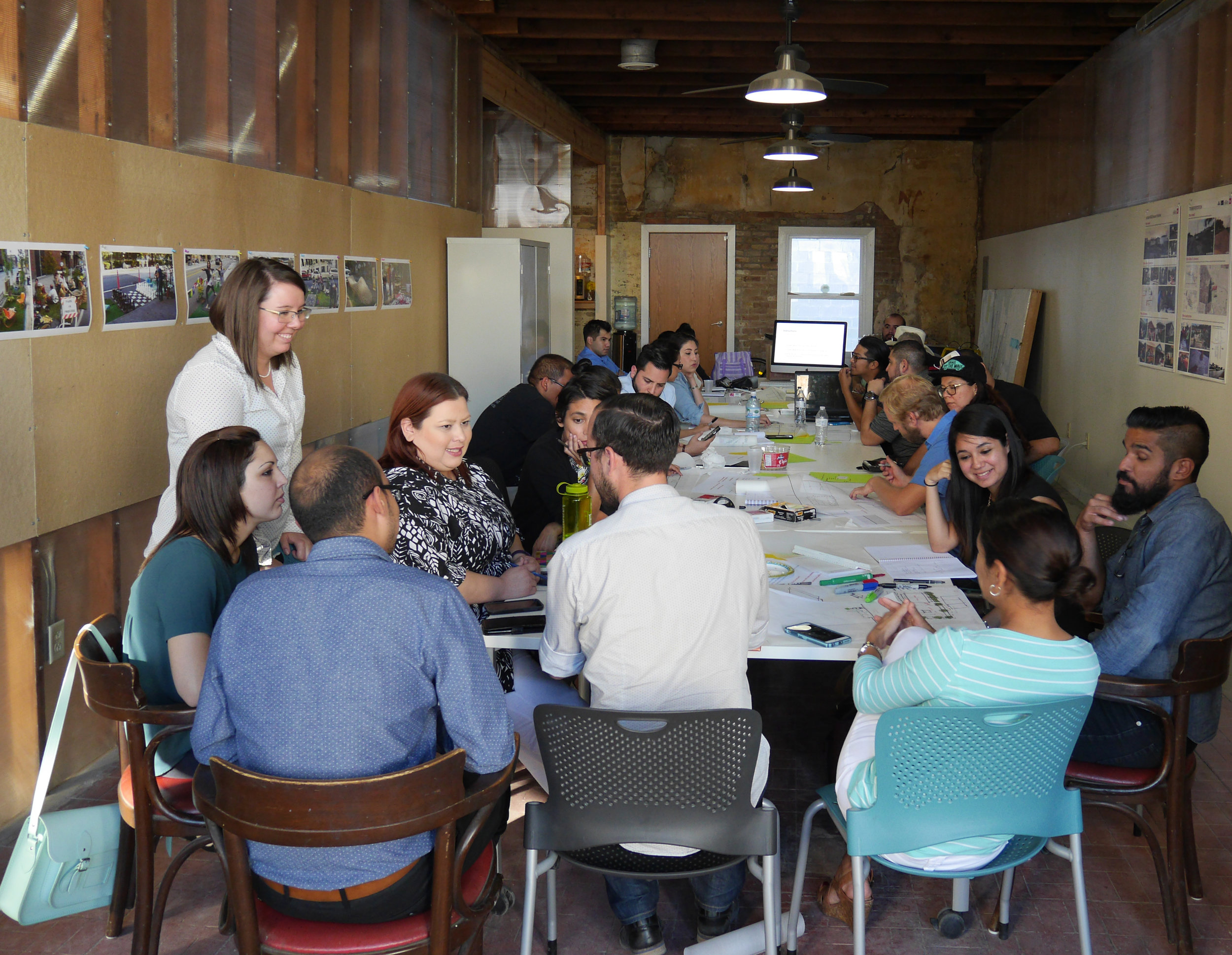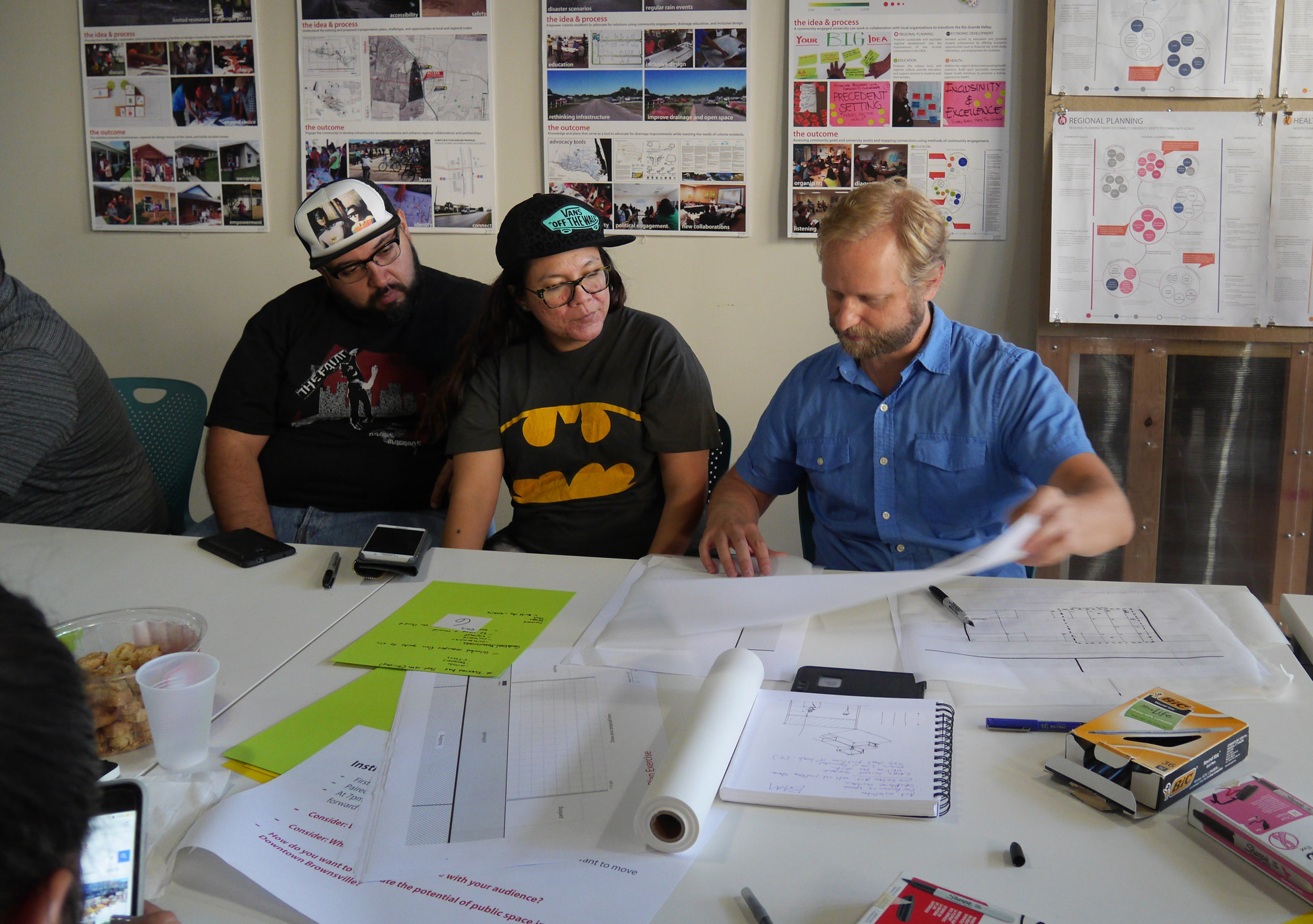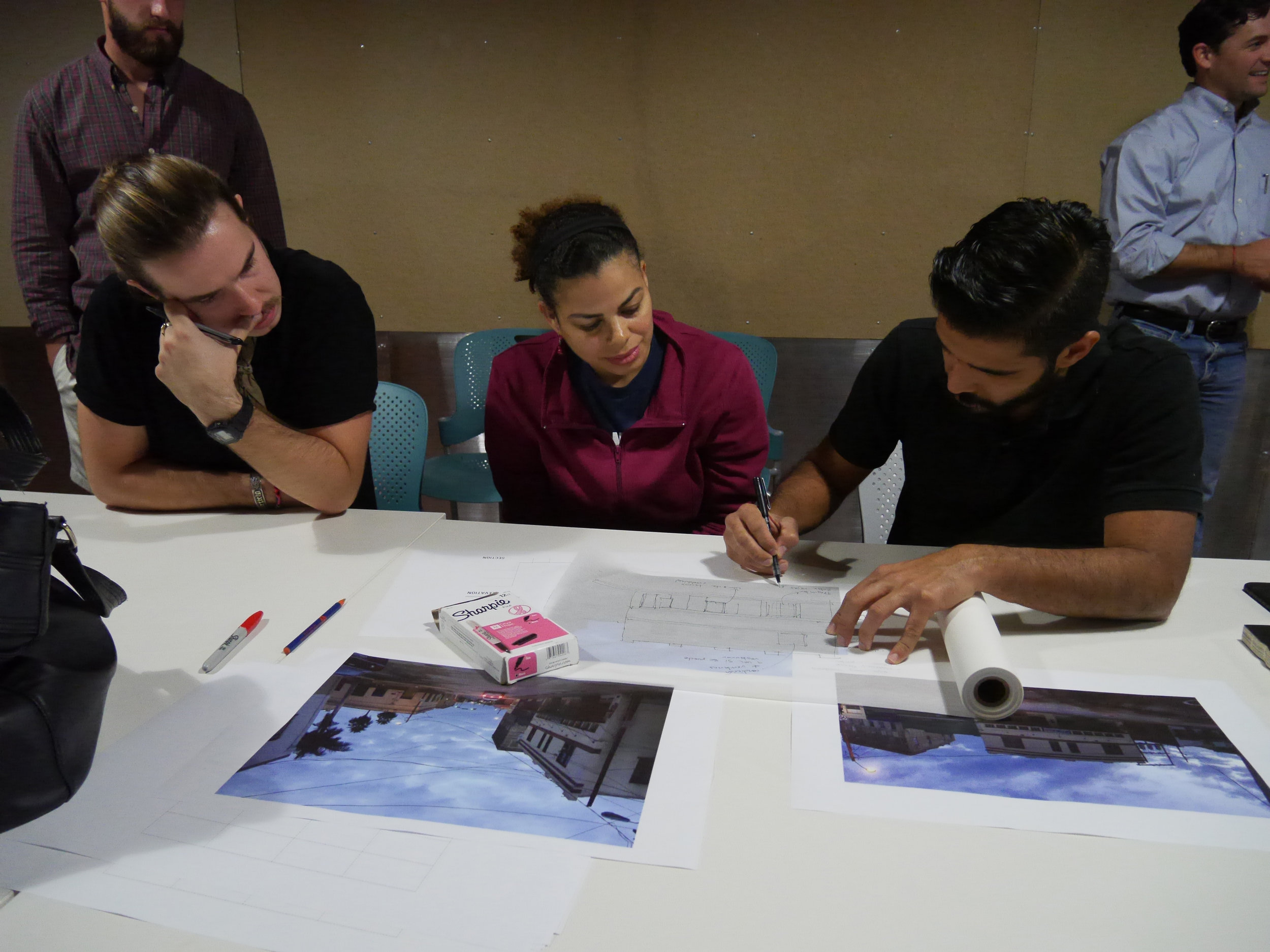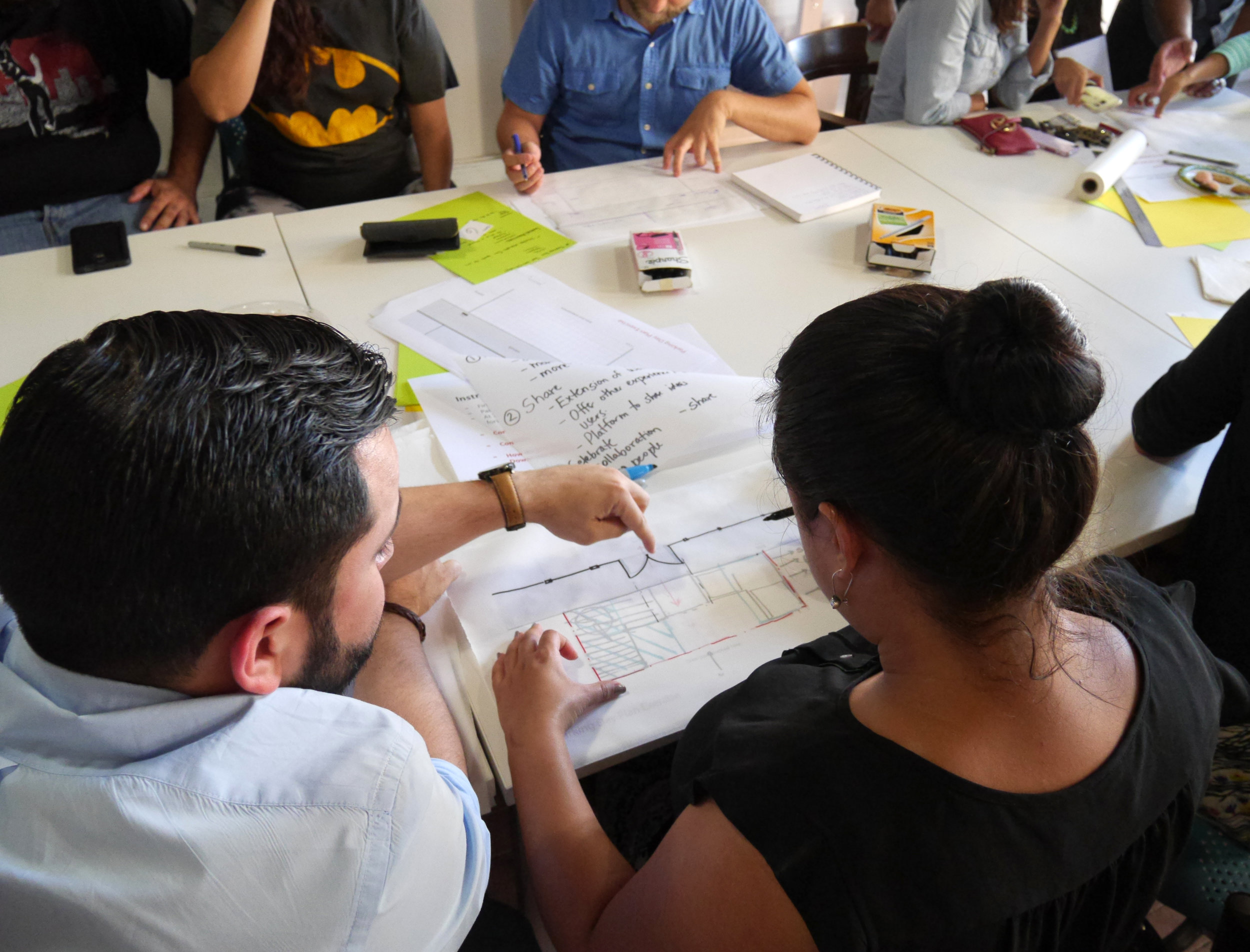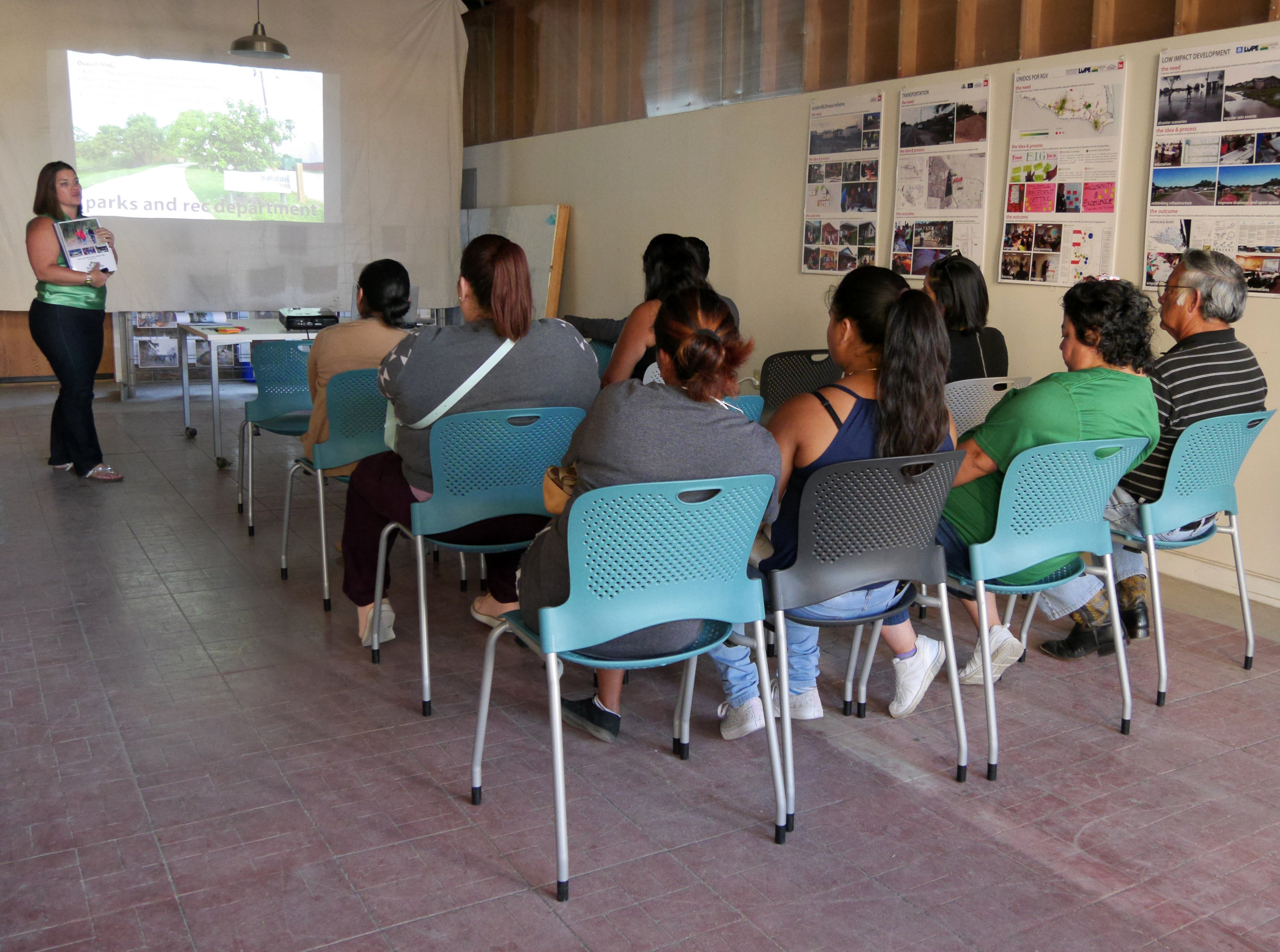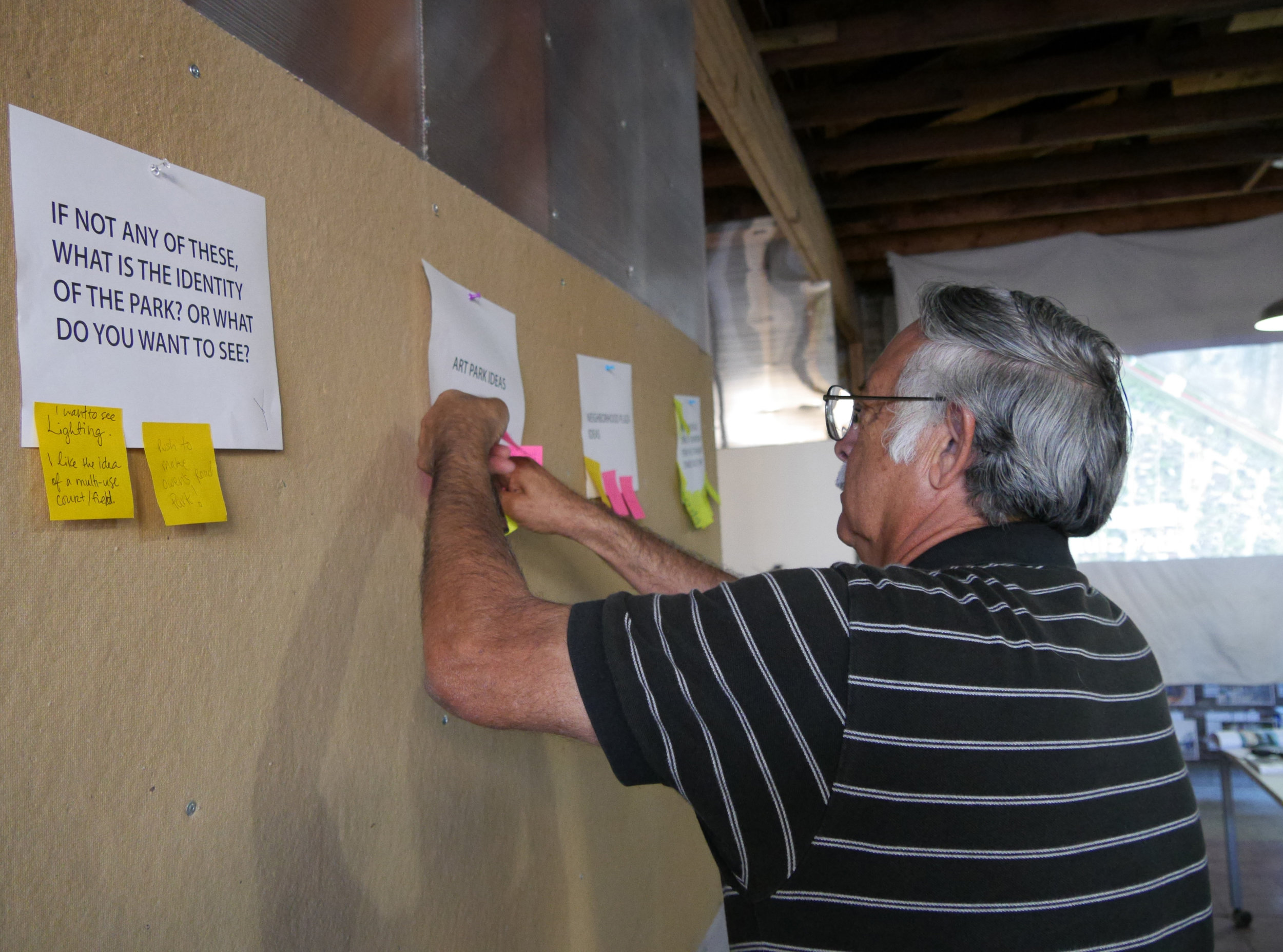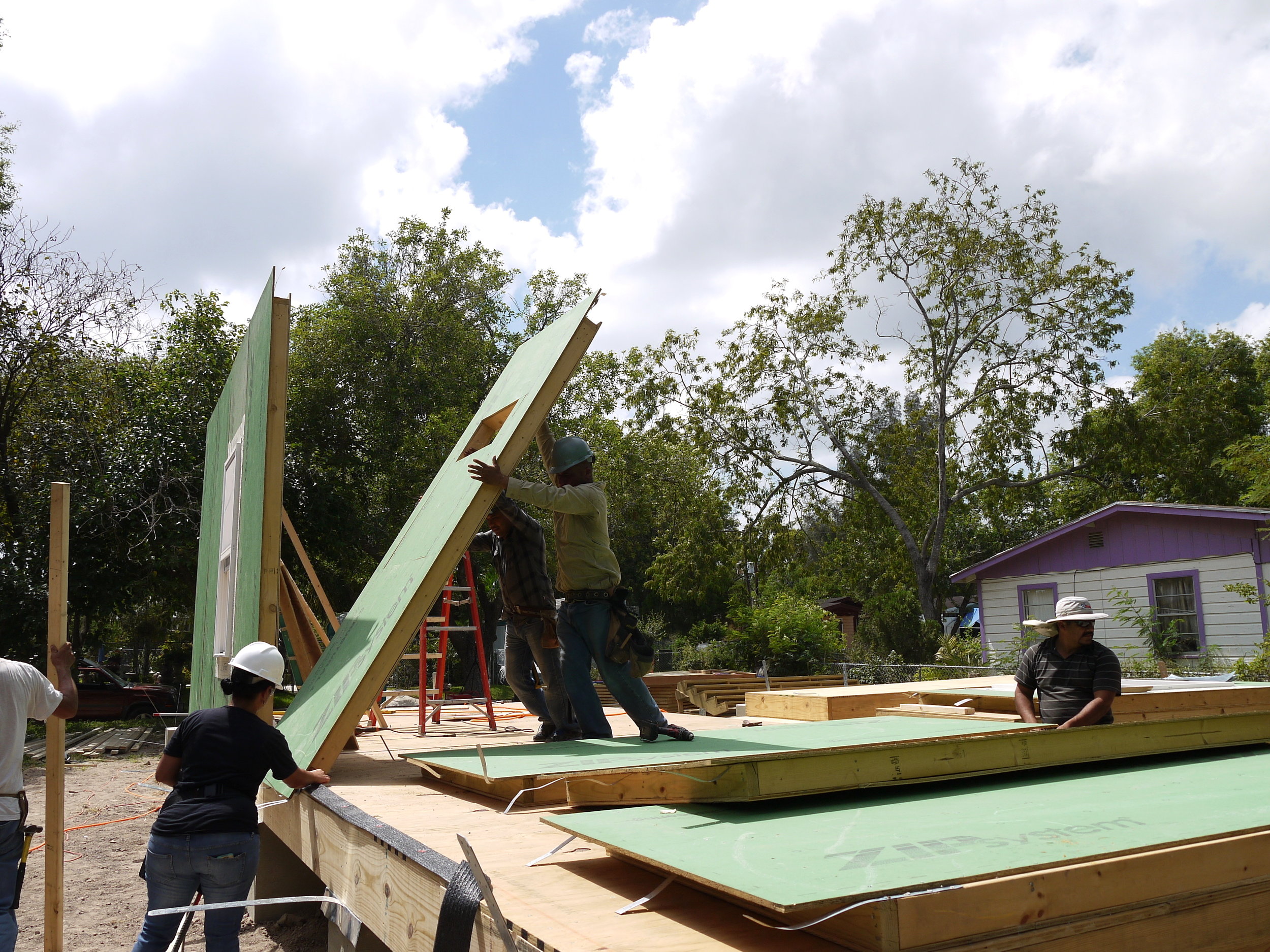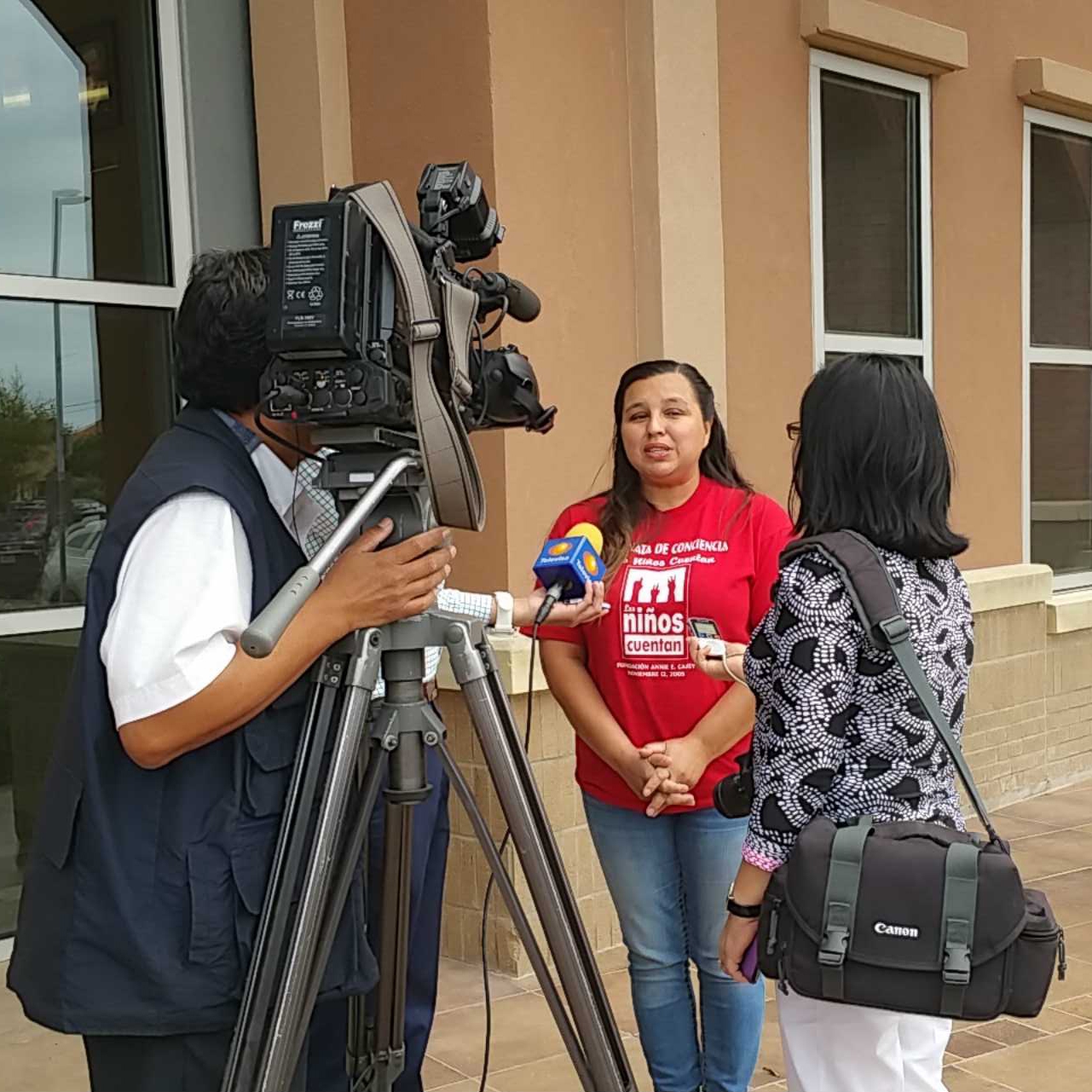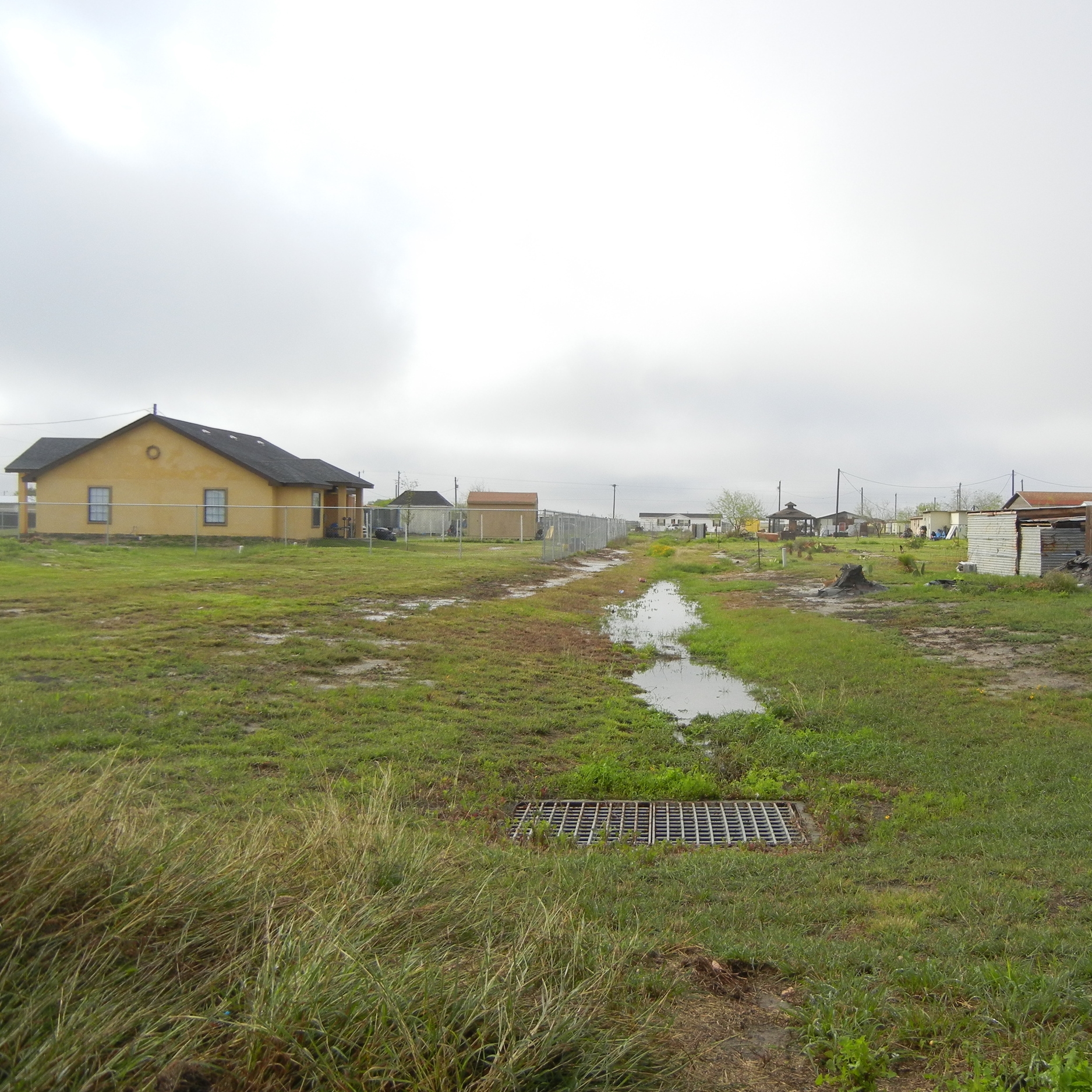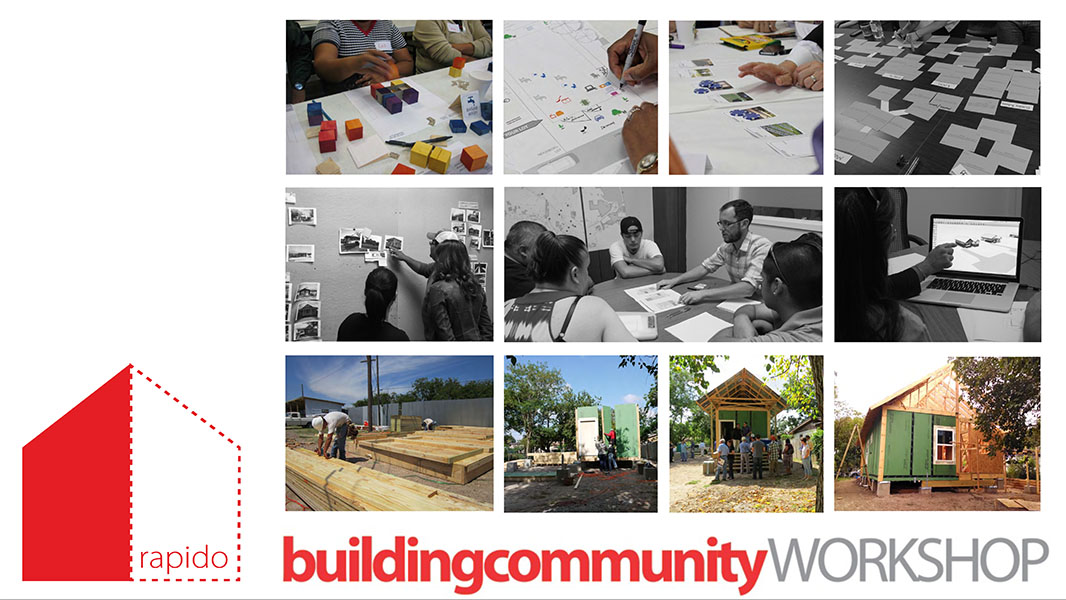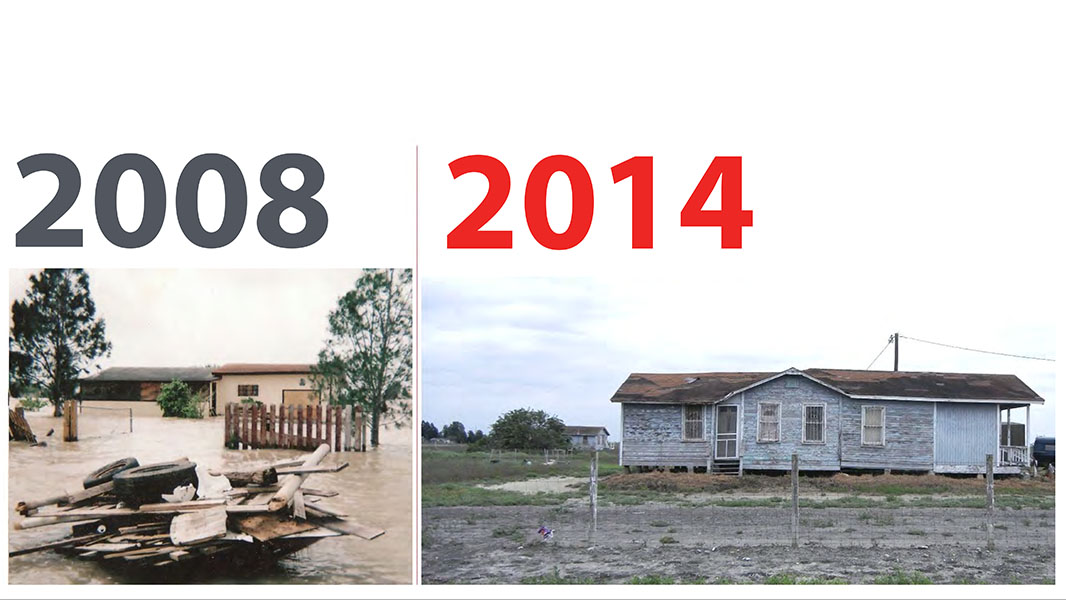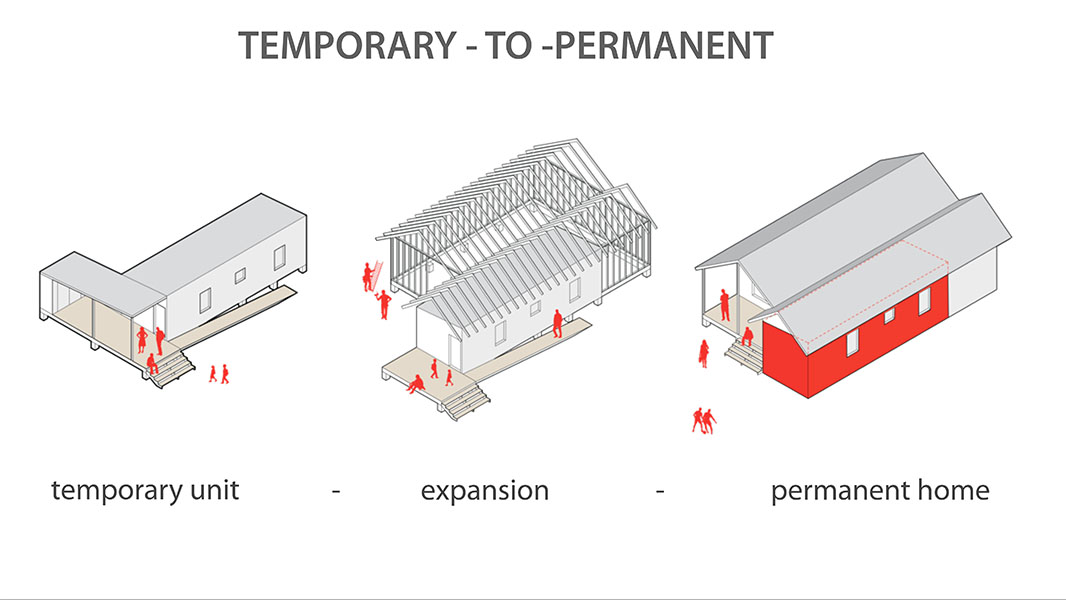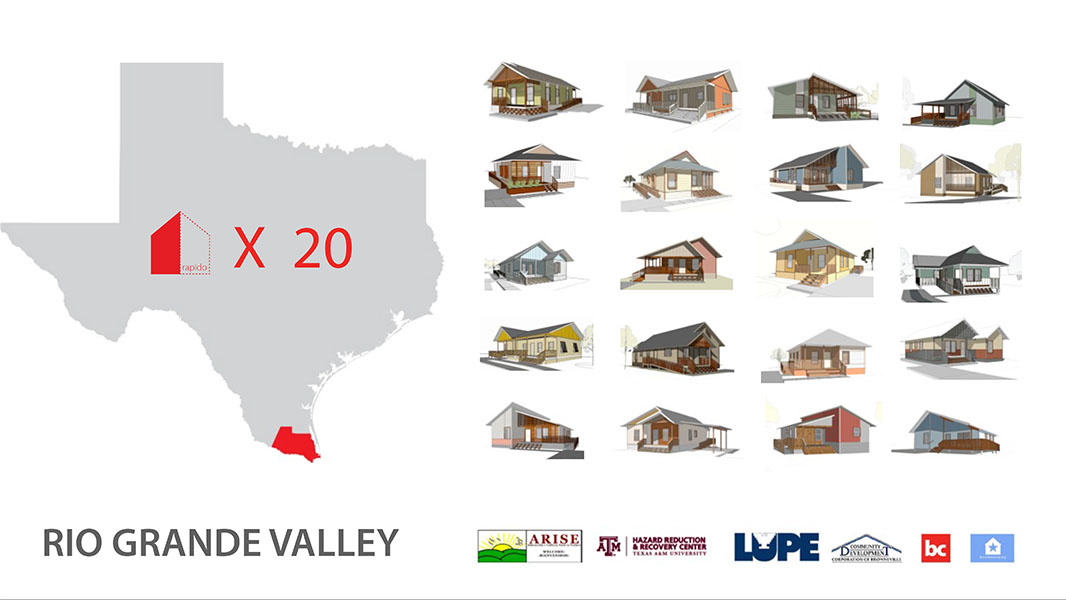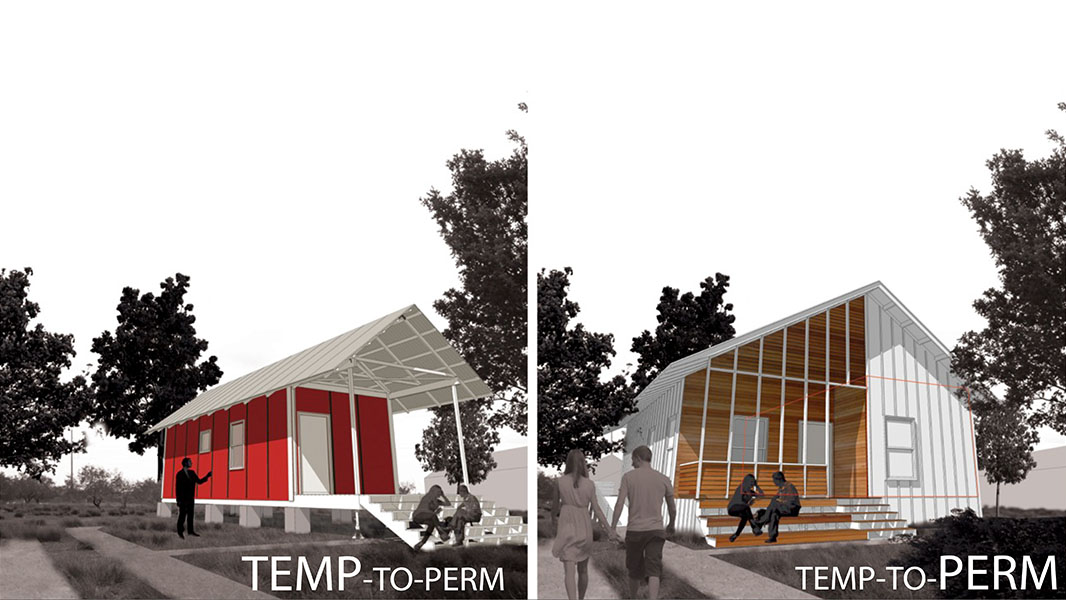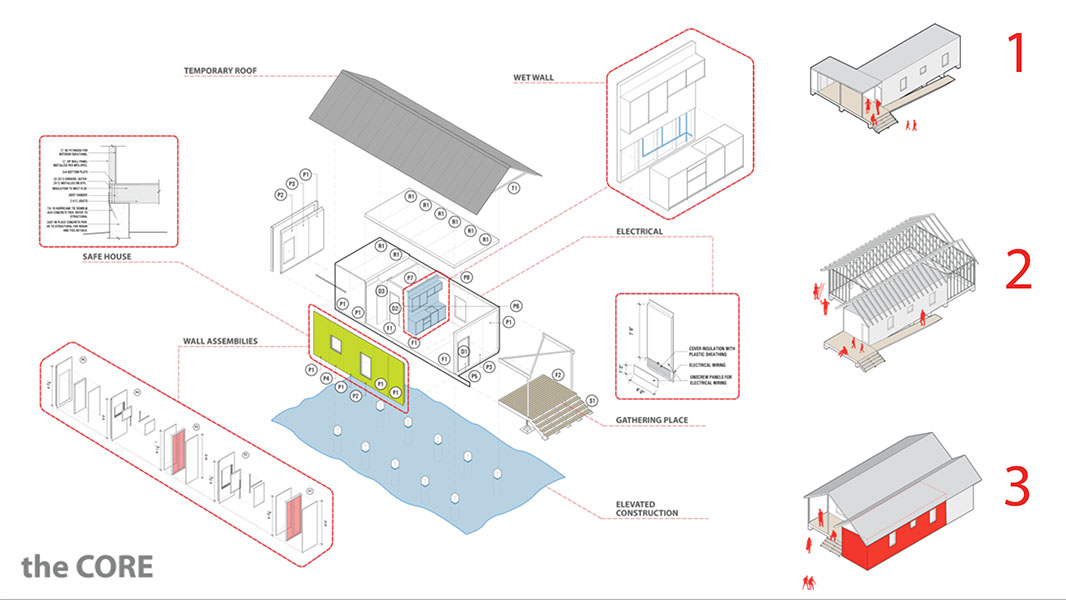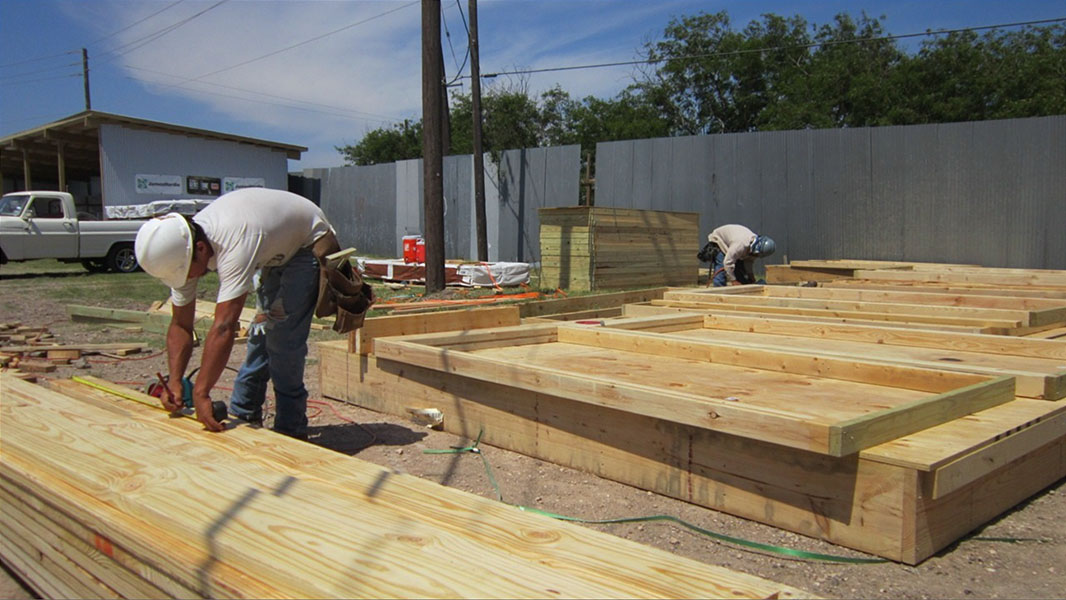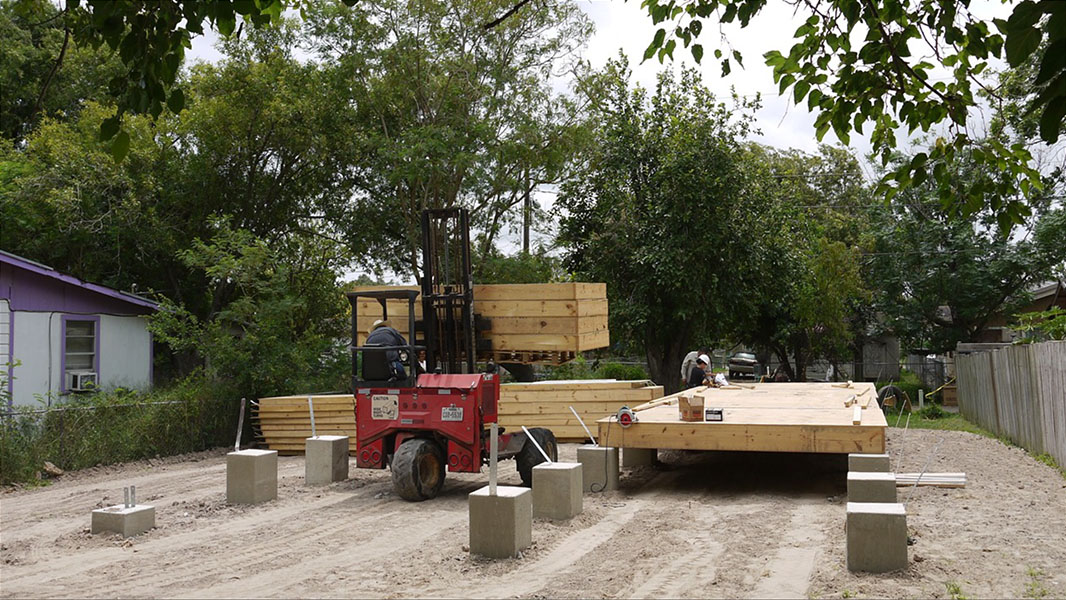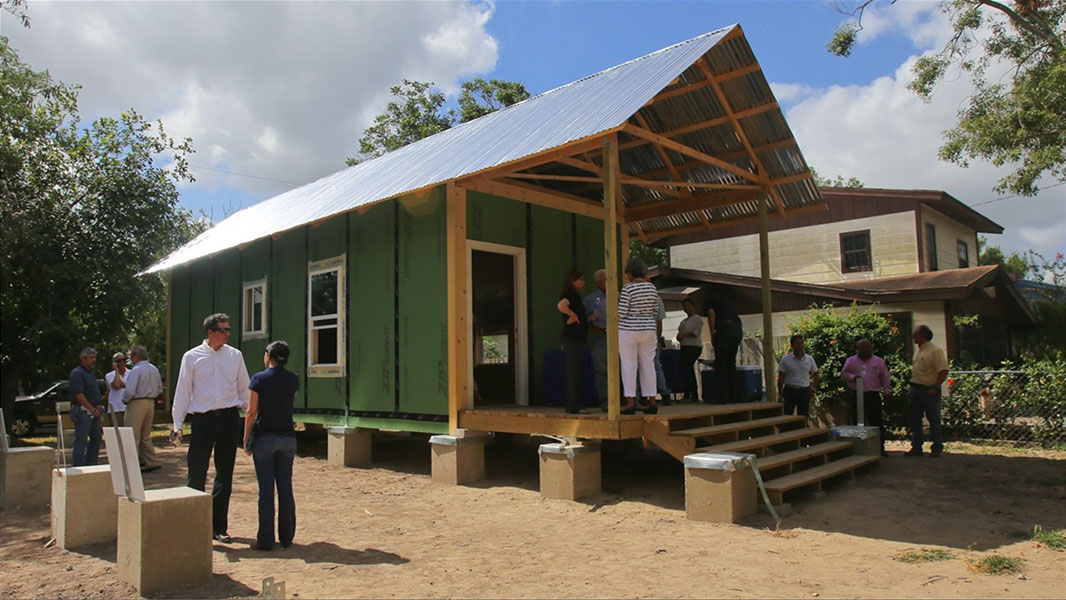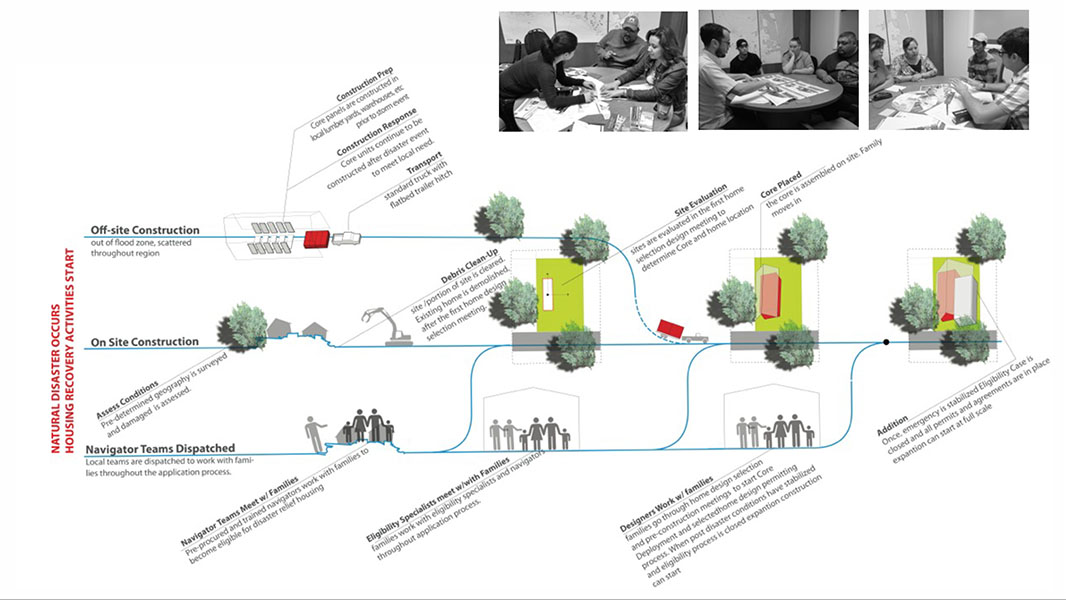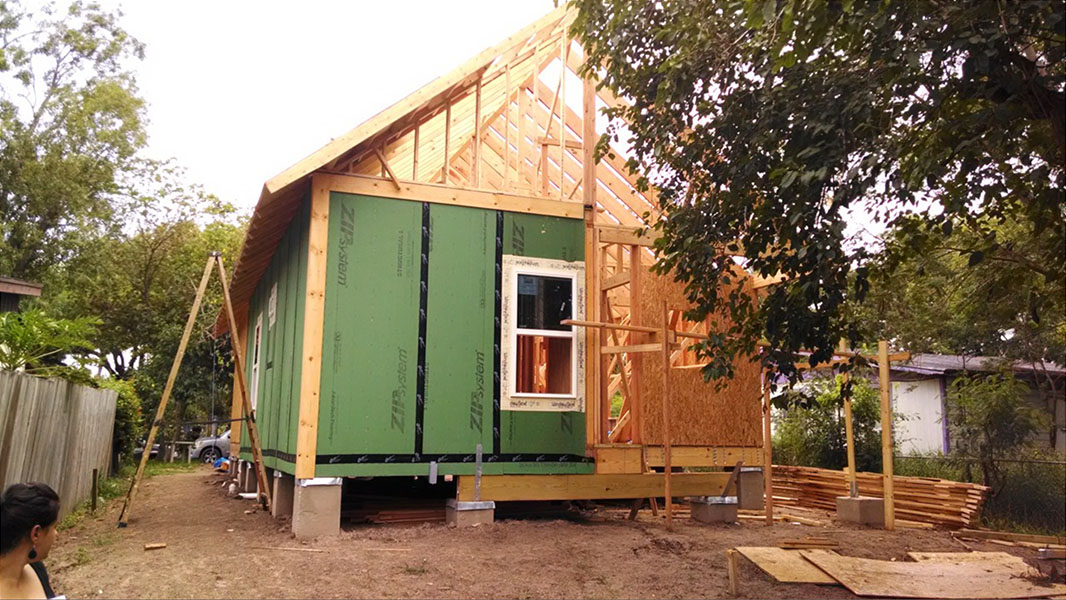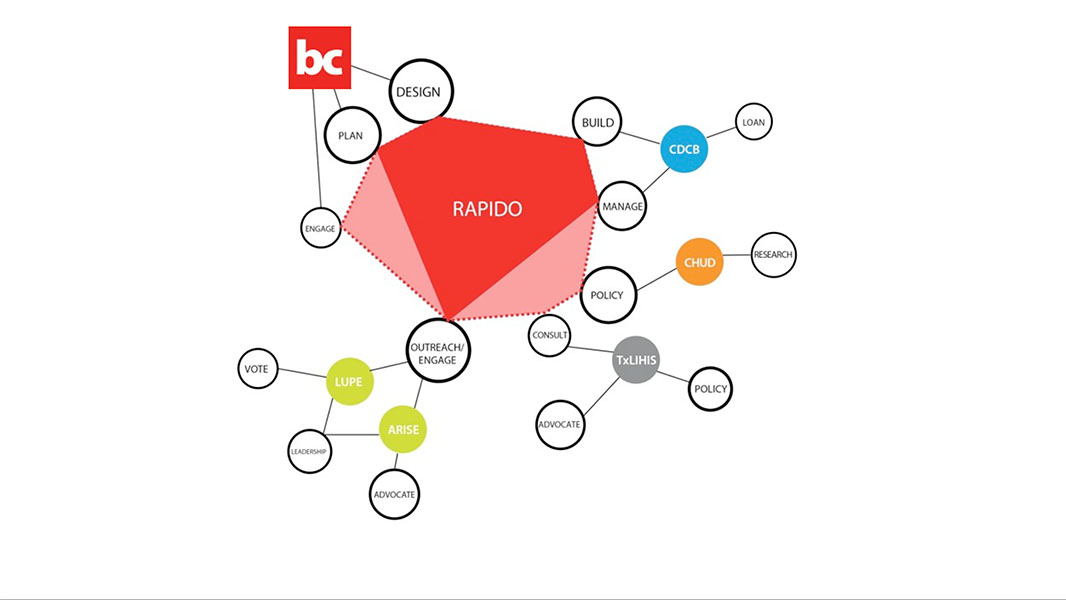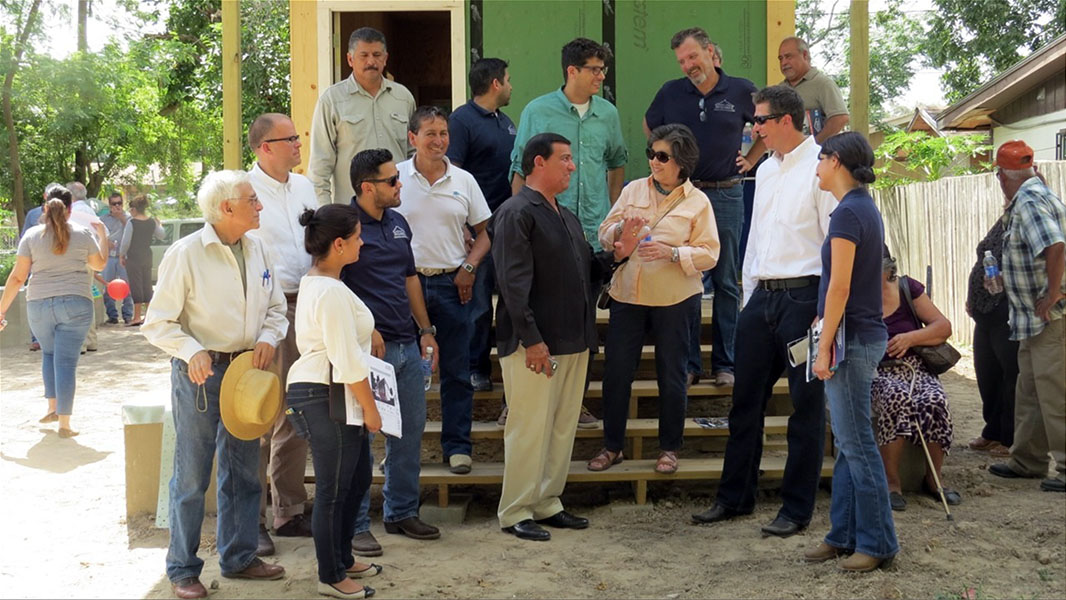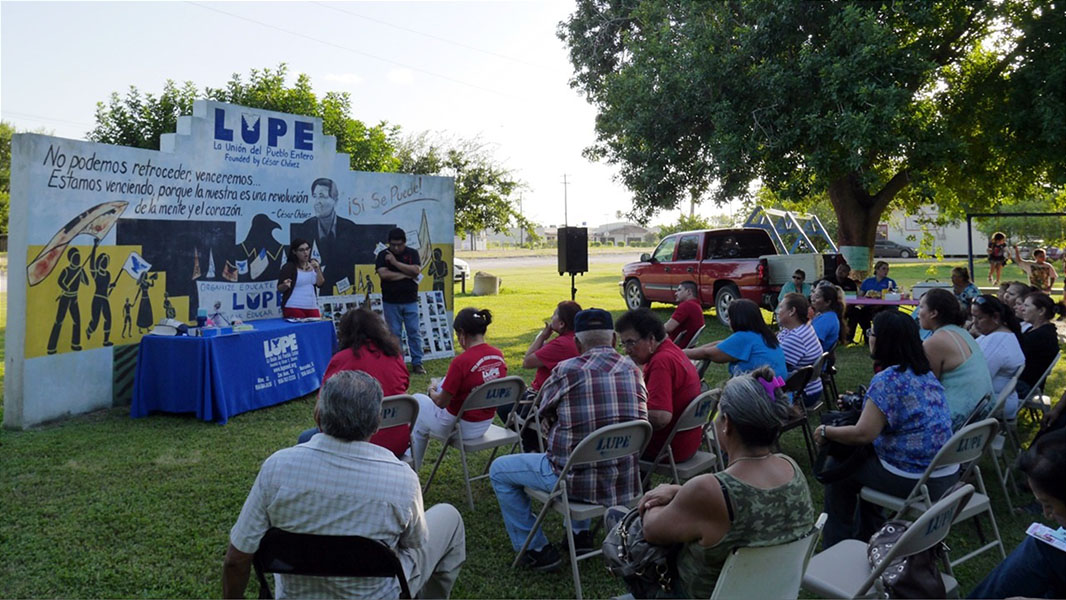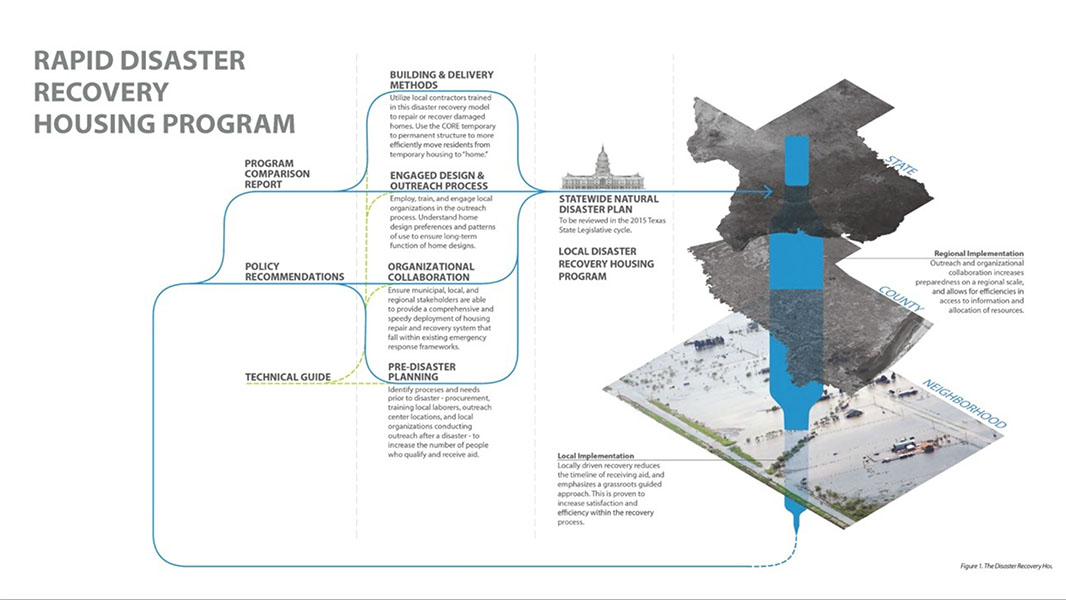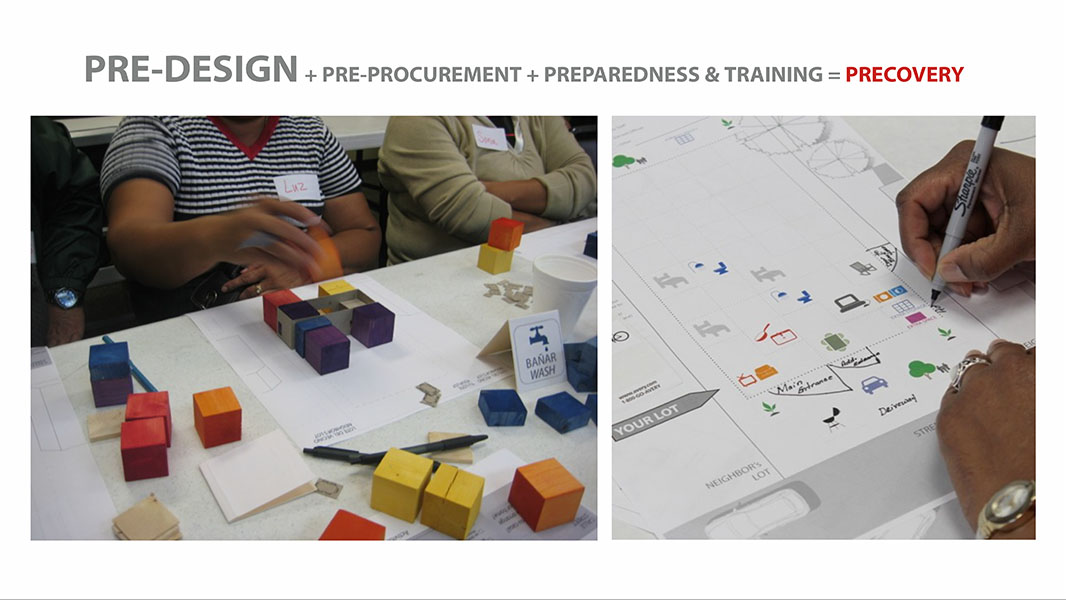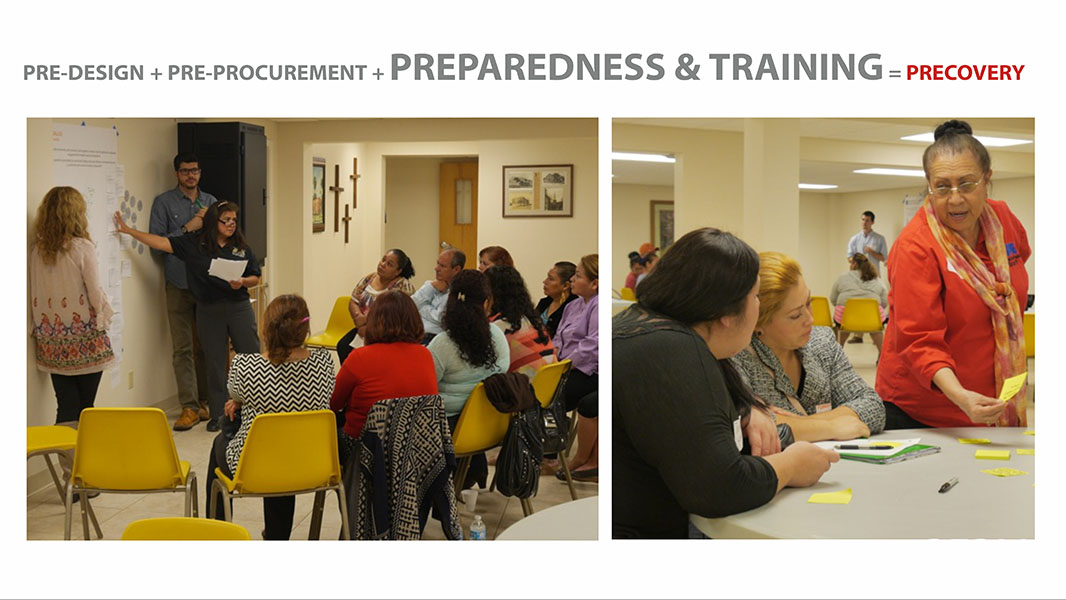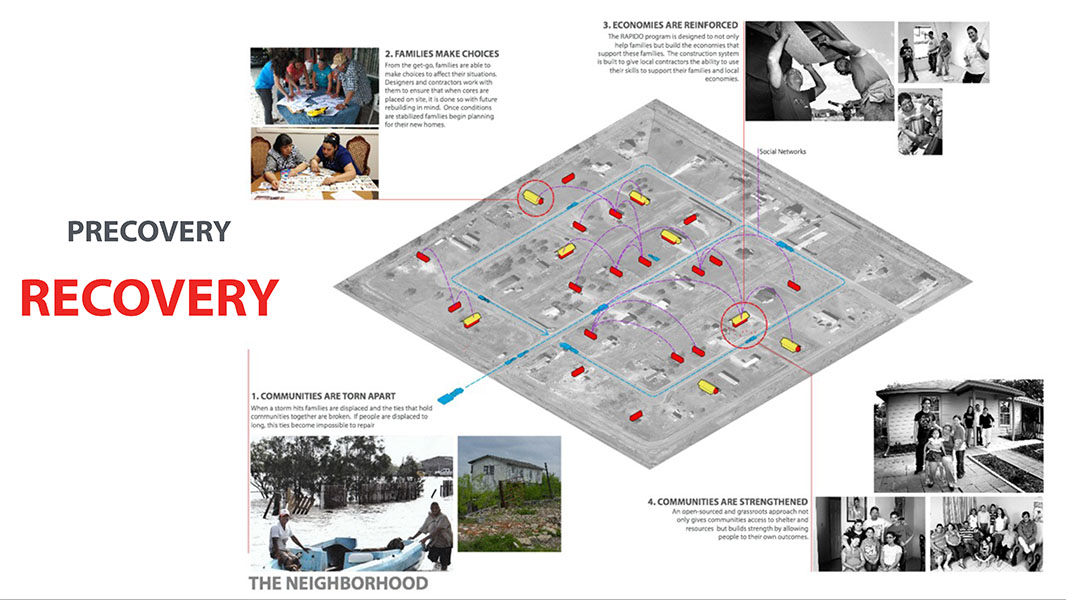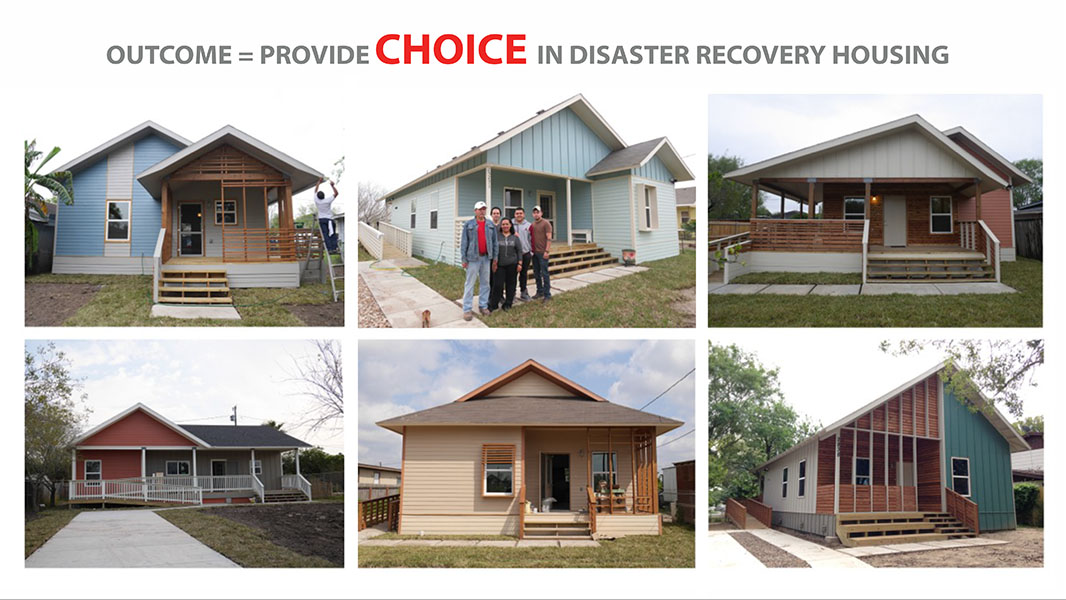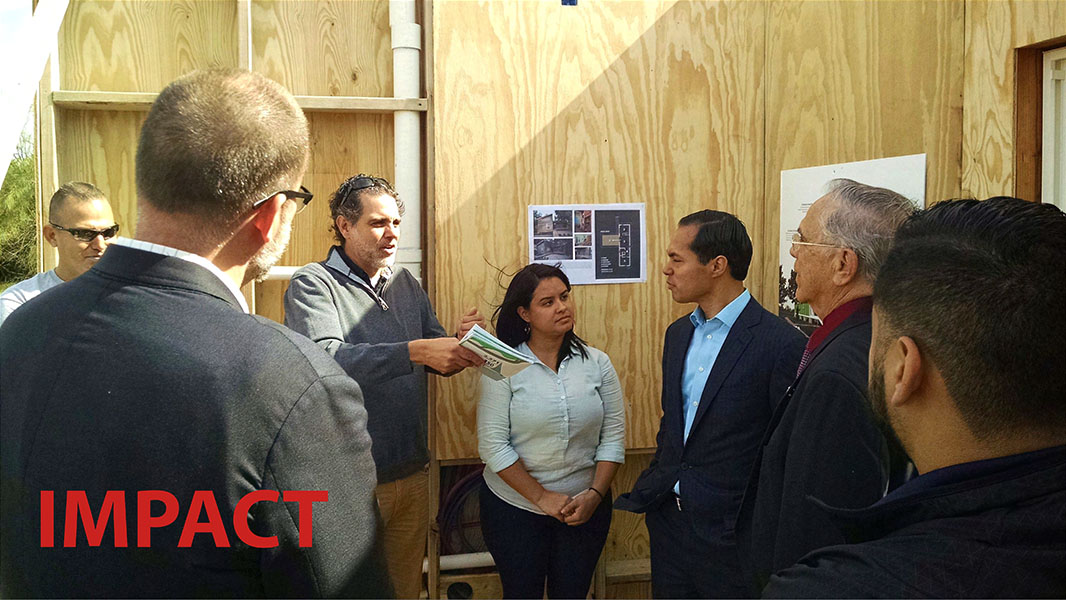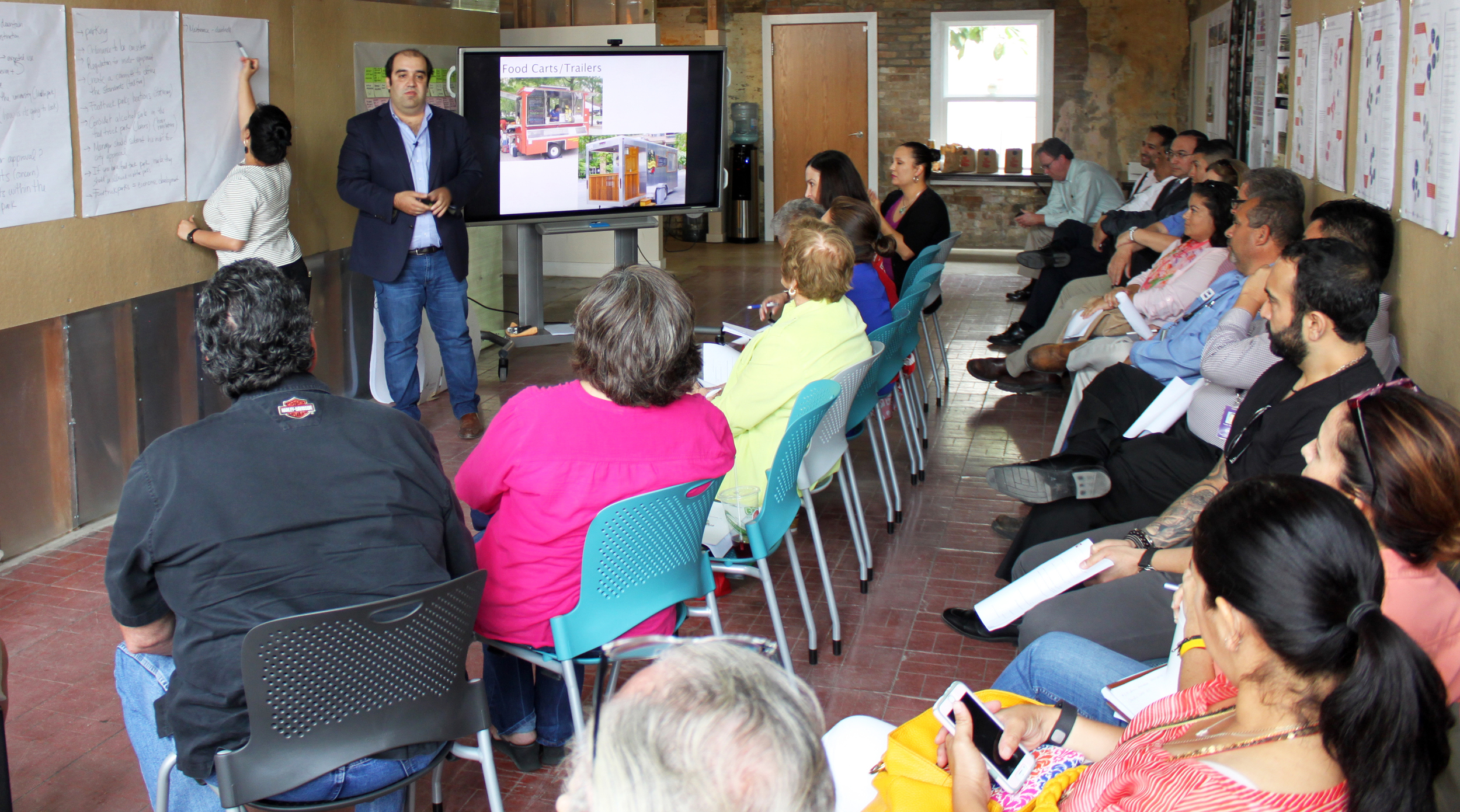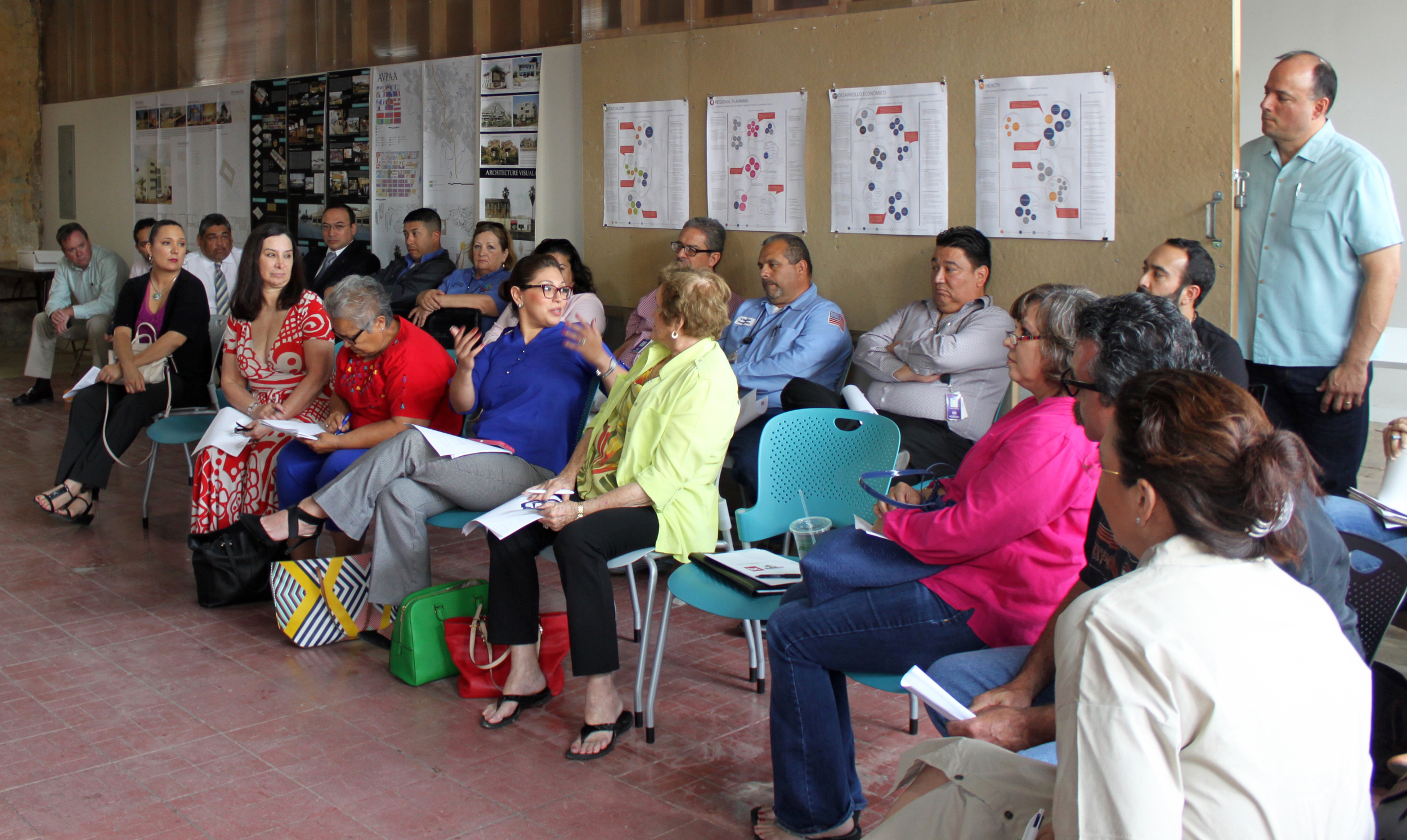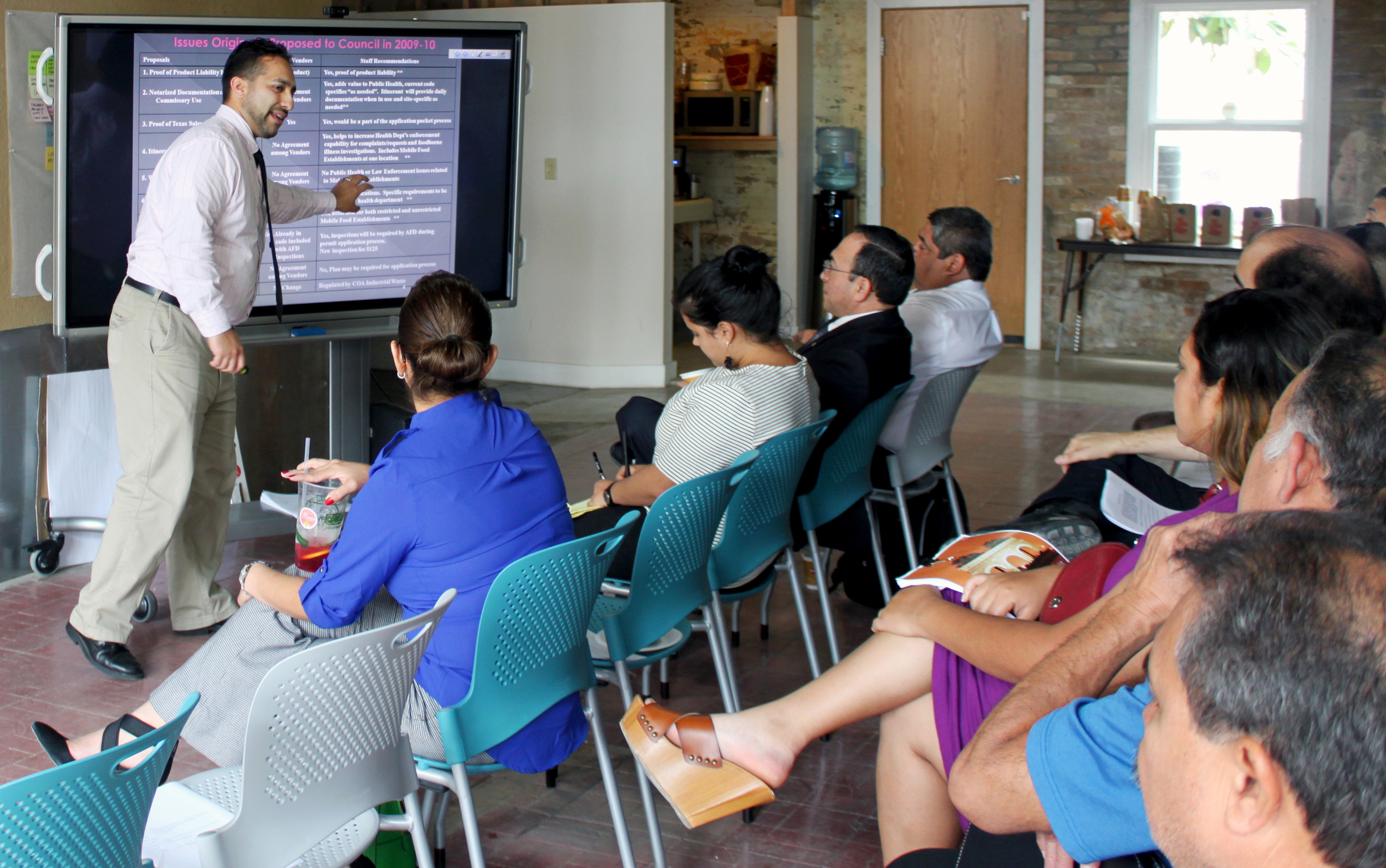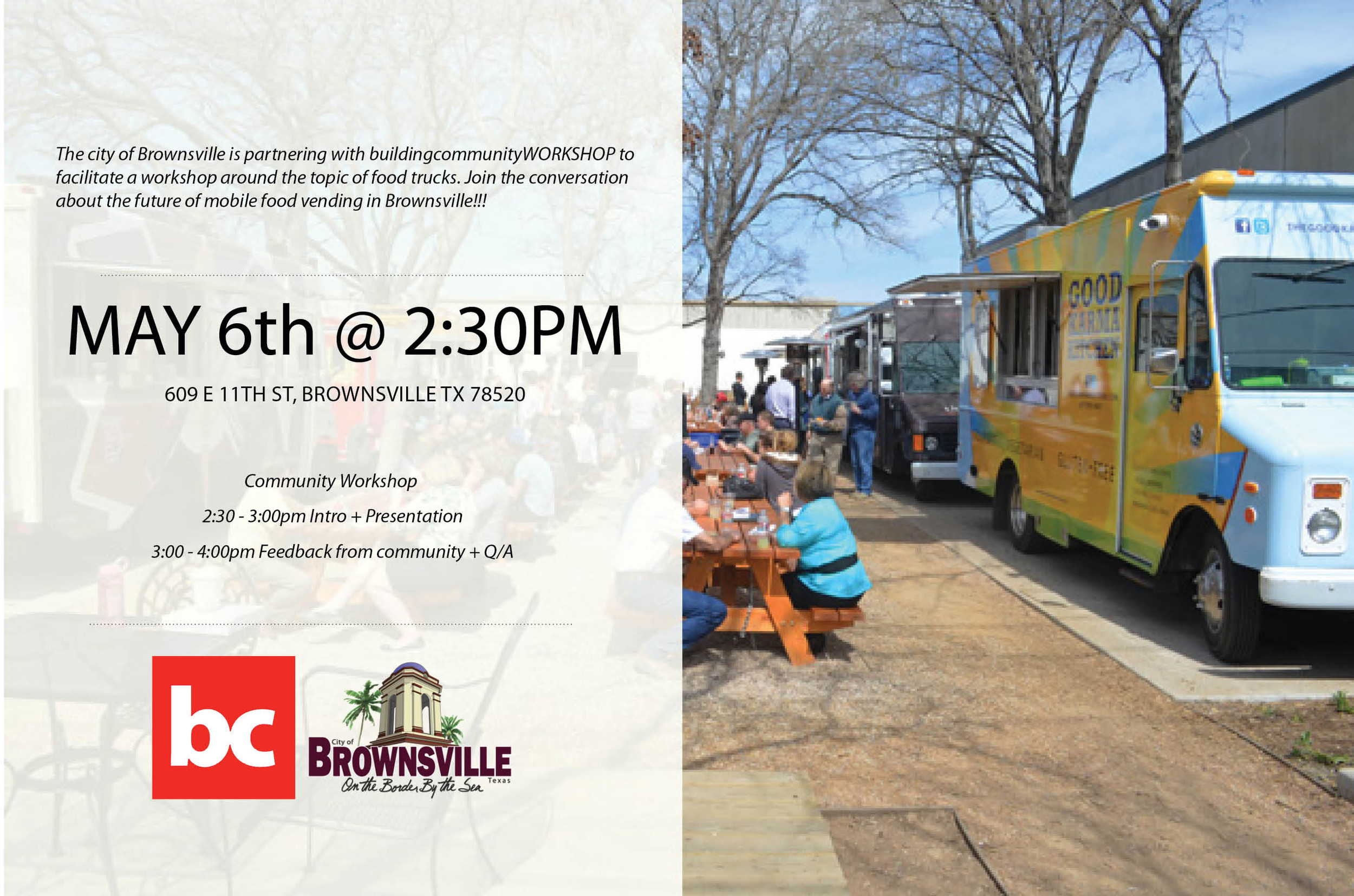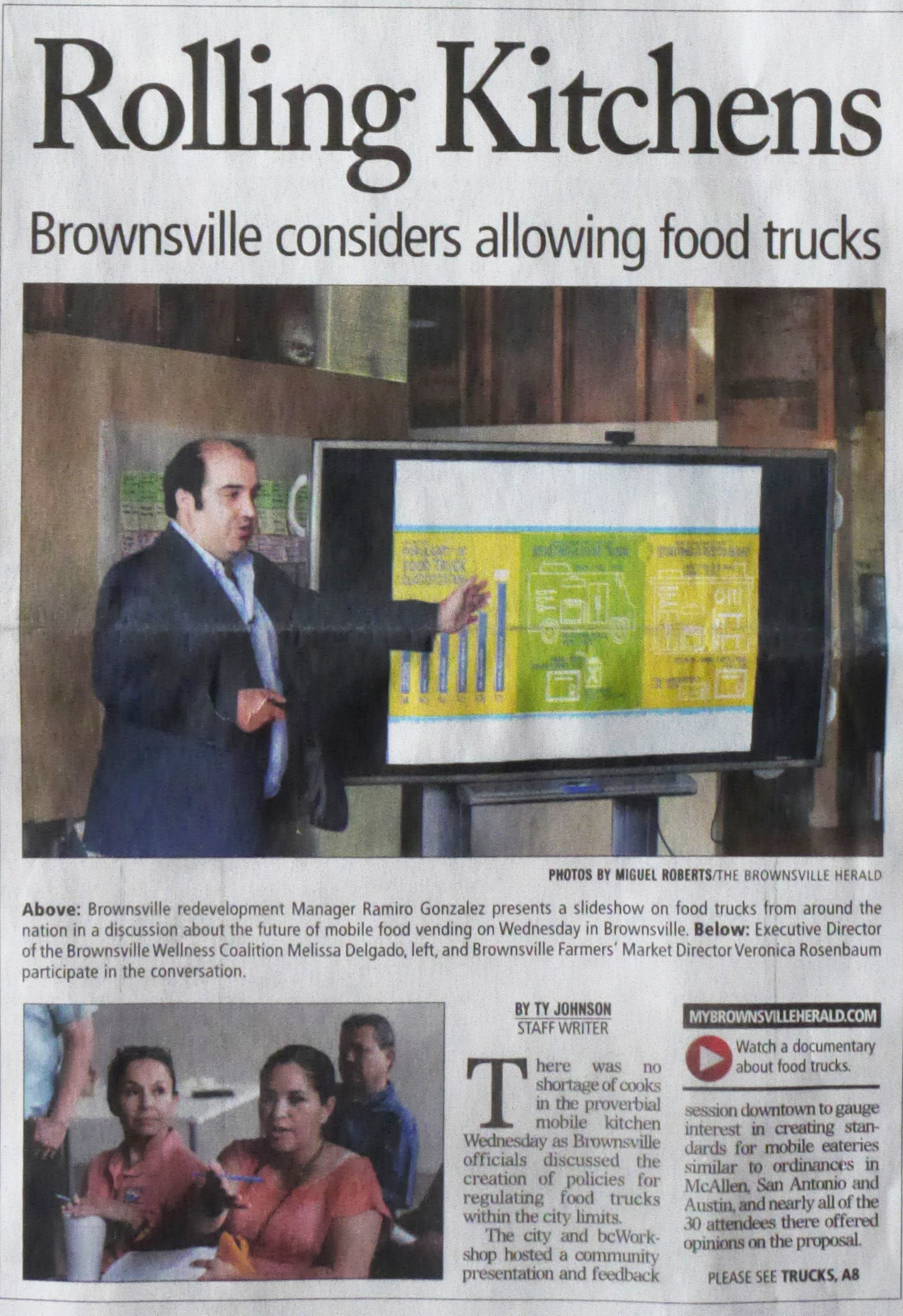ABOUT THE EXHIBIT
Cooper Hewitt, Smithsonian Design Museum will present “By the People: Designing a Better America,” the third exhibition in its series on socially responsible design, from Sept. 30 through Feb. 26, 2017. The first exhibition in the series to focus on conditions in the U.S. and its bordering countries, “By the People” will explore the challenges faced by urban, suburban and rural communities. Organized by Cynthia E. Smith, Cooper Hewitt’s curator of socially responsible design, the exhibition features 60 design projects from every region across the U.S.
Smith conducted more than two years of field research—traveling to shrinking post-industrial cities, sprawling metro regions, struggling rural towns, along border regions, areas impacted by natural and man-made disaster and places of persistent poverty—in search of collaborative designs for more equitable, inclusive and sustainable communities. The exhibition will highlight design solutions that expand access to education, food, healthcare and affordable housing; increase social and economic inclusion; offer improved alternative transportation options; and provide a balanced approach to land use between the built and natural environment.
“As America’s design museum, Cooper Hewitt empowers visitors to see themselves as designers—not just of objects, but also of ideas, strategies and solutions that improve our daily lives,” said Director Caroline Baumann. “‘By the People’ will showcase the innovative and impactful actions generated through design, and inspire creative problem-solving at local, regional, national and even international levels.”
On view in the third floor Barbara and Morton Mandel Design Gallery, the exhibition will be divided into six themes: act, save, share, live, learn and make. To orient the visitor, the complexities of poverty, prosperity, innovation and design in the U.S. will be addressed in an introductory section that will feature a captivating video by Cassim Shepard, an interactive data visualization, “Mapping the Measure of America” and graphics that chart social and economic inequalities.
The exhibition will continue in the museum’s groundbreaking Process Lab, which offers immersive experiences for visitors of diverse ages and abilities, from families with small children to design students and professionals. Cooper Hewitt will invite visitors to address challenges in their own communities using design thinking and propose solutions.
The accompanying 256-page book, By the People: Designing a Better America, will be published by Cooper Hewitt and distributed in the U.S. by Artbook | D.A.P. and worldwide by Thames & Hudson. Designed by Other Means, By the People will contain essays and interviews with featured designers and architects, in addition to highly illustrated project profiles. Retail: $29.95.
In fall 2016 and winter 2017, a series of public programs will inspire conversation about innovative and systemic approaches being developed through design. Planned events include a lecture focused on affordable housing and design (Oct. 13), Designing Resilience (Nov. 10) and Defiant Jewelry with Rebel Nell founder Amy Peterson and a participating artisan (Jan. 26).
“By the People: Designing a Better America” is made possible by the generous support of the Ford Foundation. Additional support provided by New York State Council on the Arts with the support of Governor Andrew M. Cuomo and the New York State Legislature and The Horace W. Goldsmith Foundation. [read more about the upcoming exhibit here]
To see "By the People" visit the Cooper Hewitt from Sept. 30 through Feb. 26, 2017 at:
2 East 91st Street
(between 5th and Madison Avenues)
New York, New York 10128
Weekdays and Sundays, 10:00 a.m.–6:00 p.m.
Saturdays, 10:00 a.m.–9:00 p.m.
![[bc]](http://images.squarespace-cdn.com/content/v1/5248ebd5e4b0240948a6ceff/1412268209242-TTW0GOFNZPDW9PV7QFXD/bcW_square+big.jpg?format=1000w)


